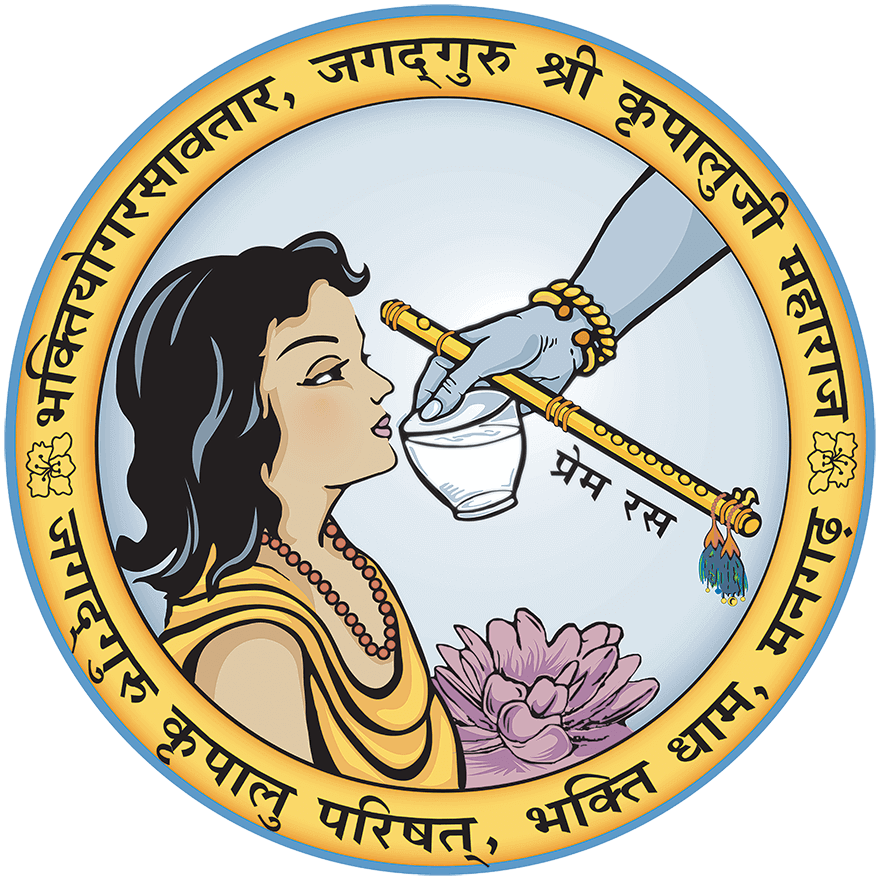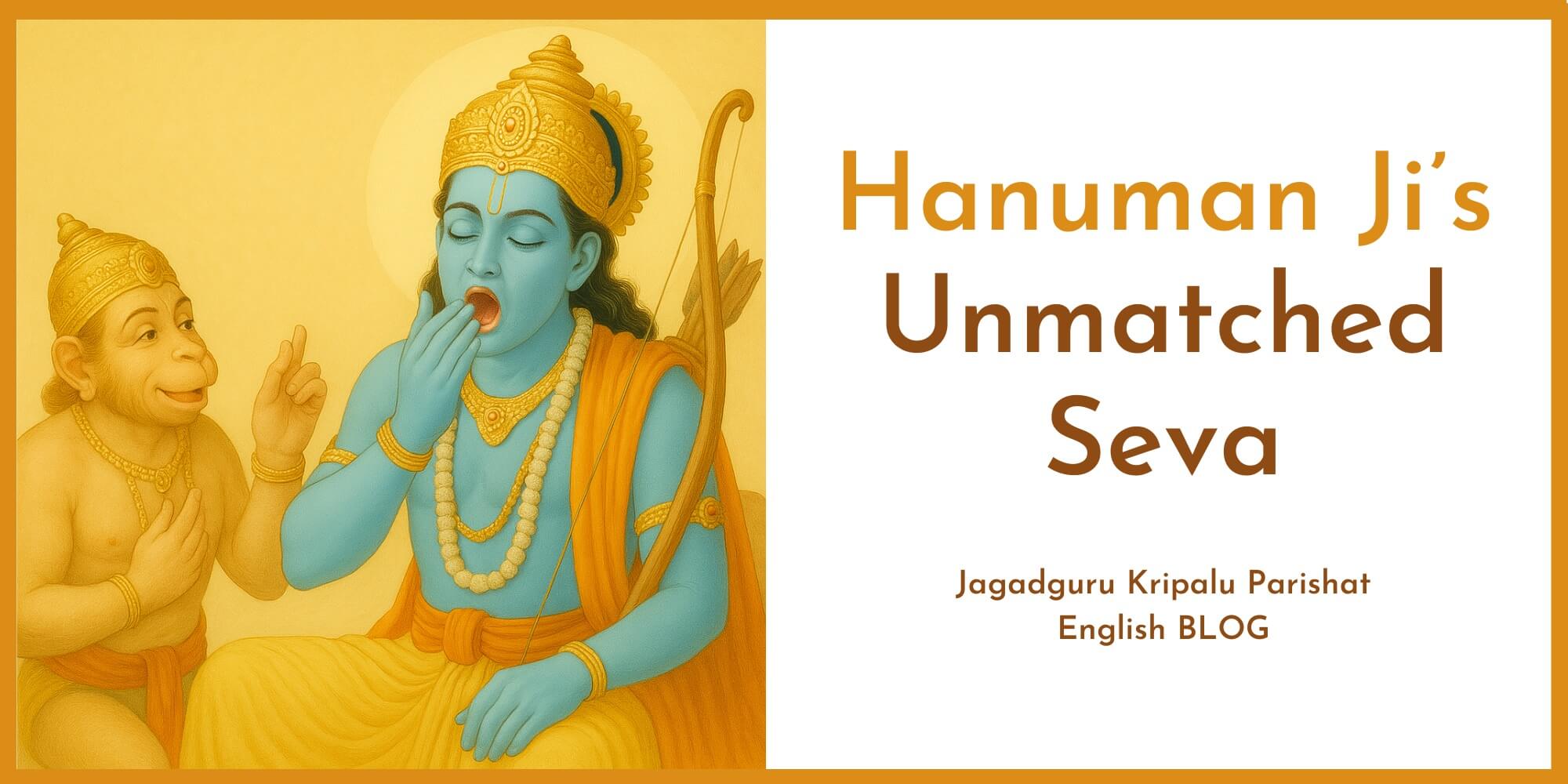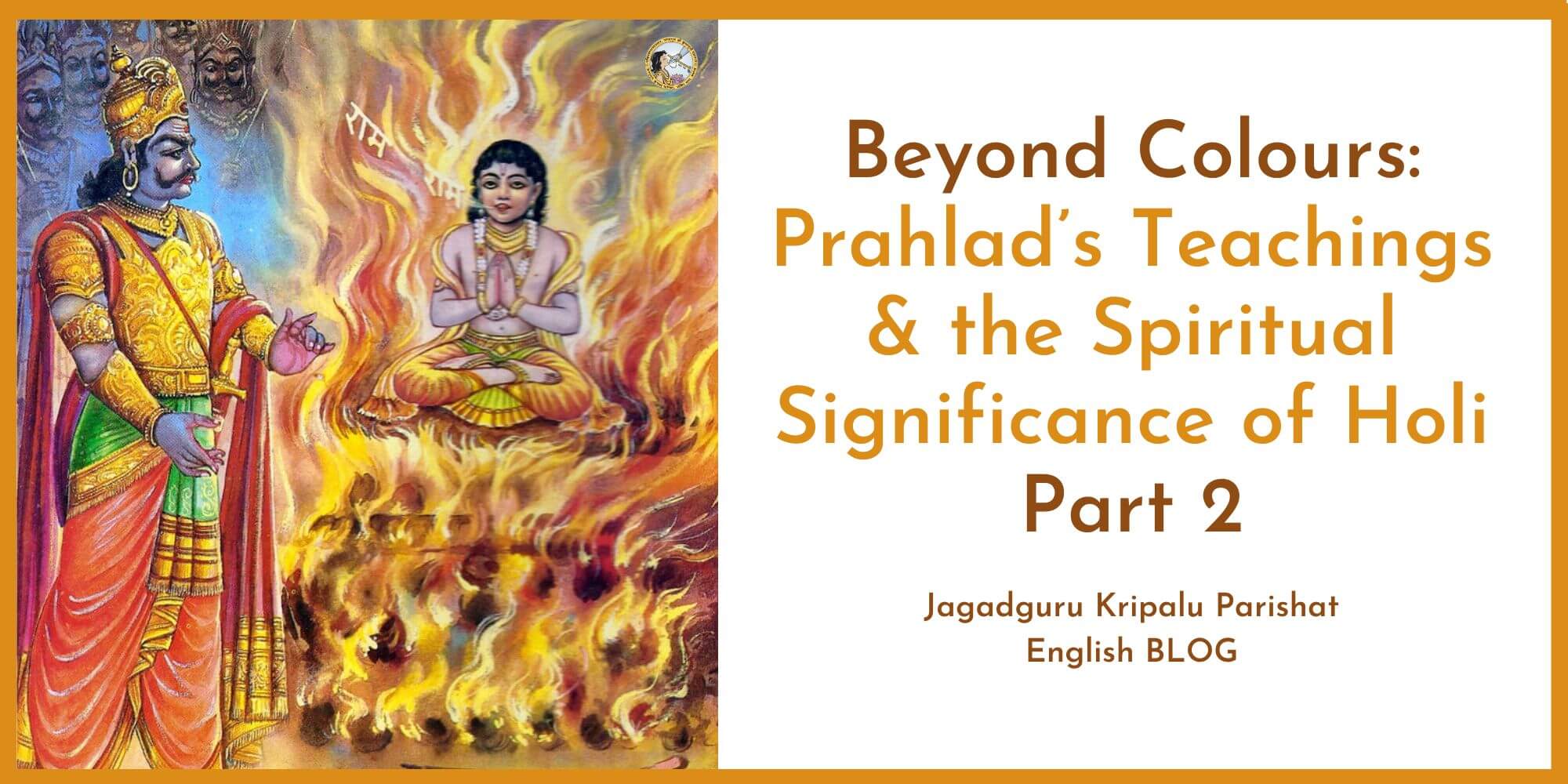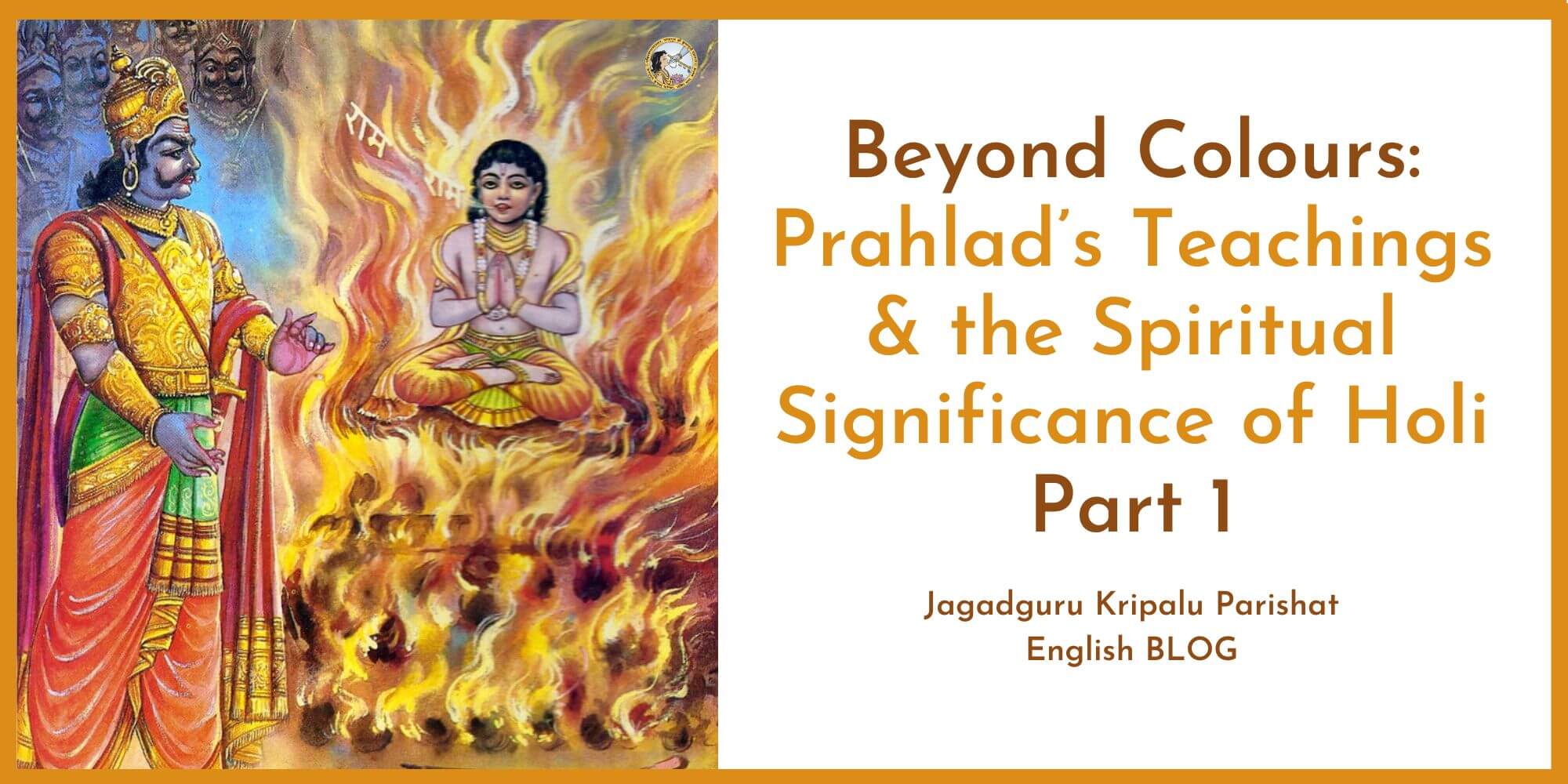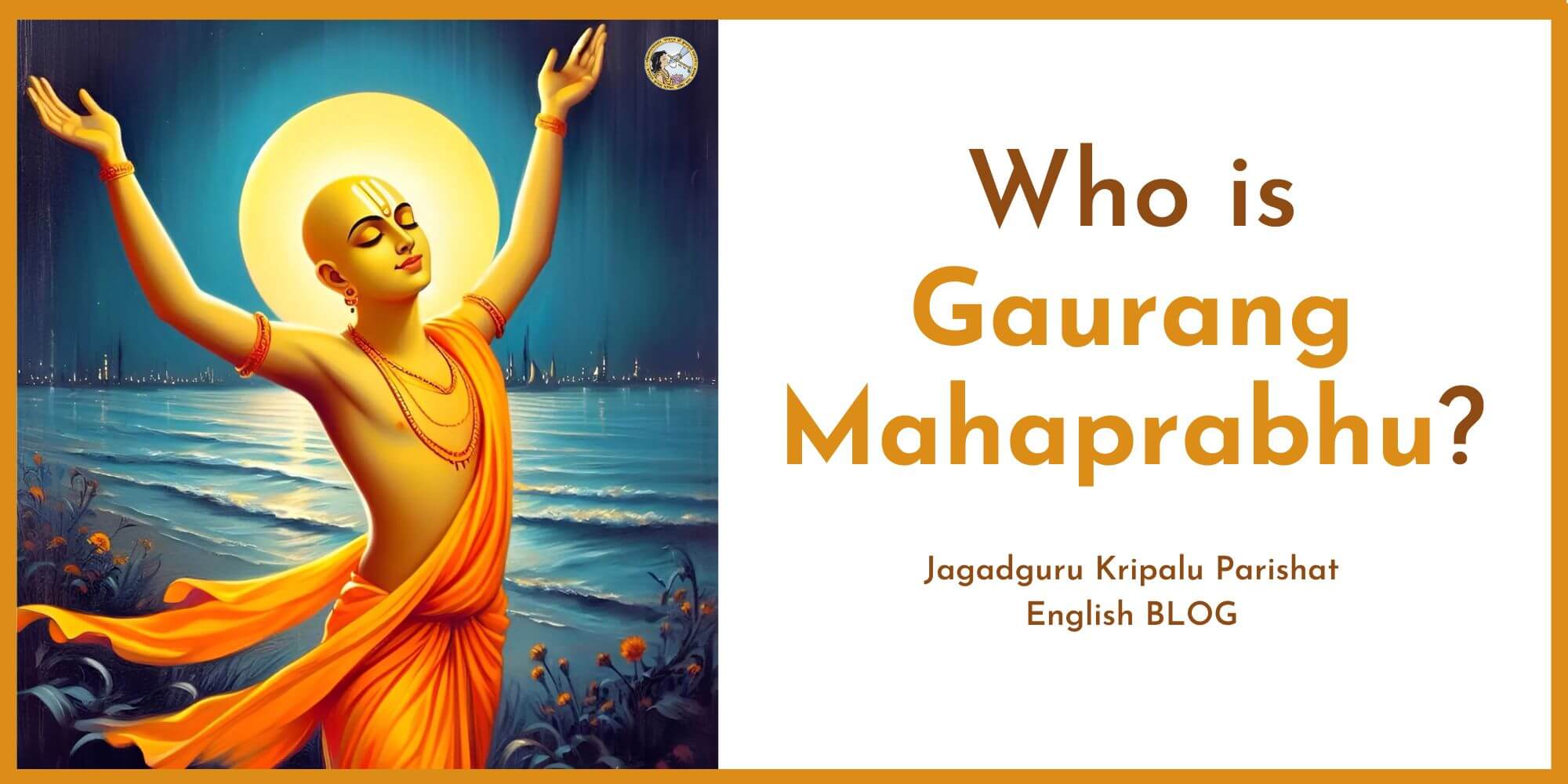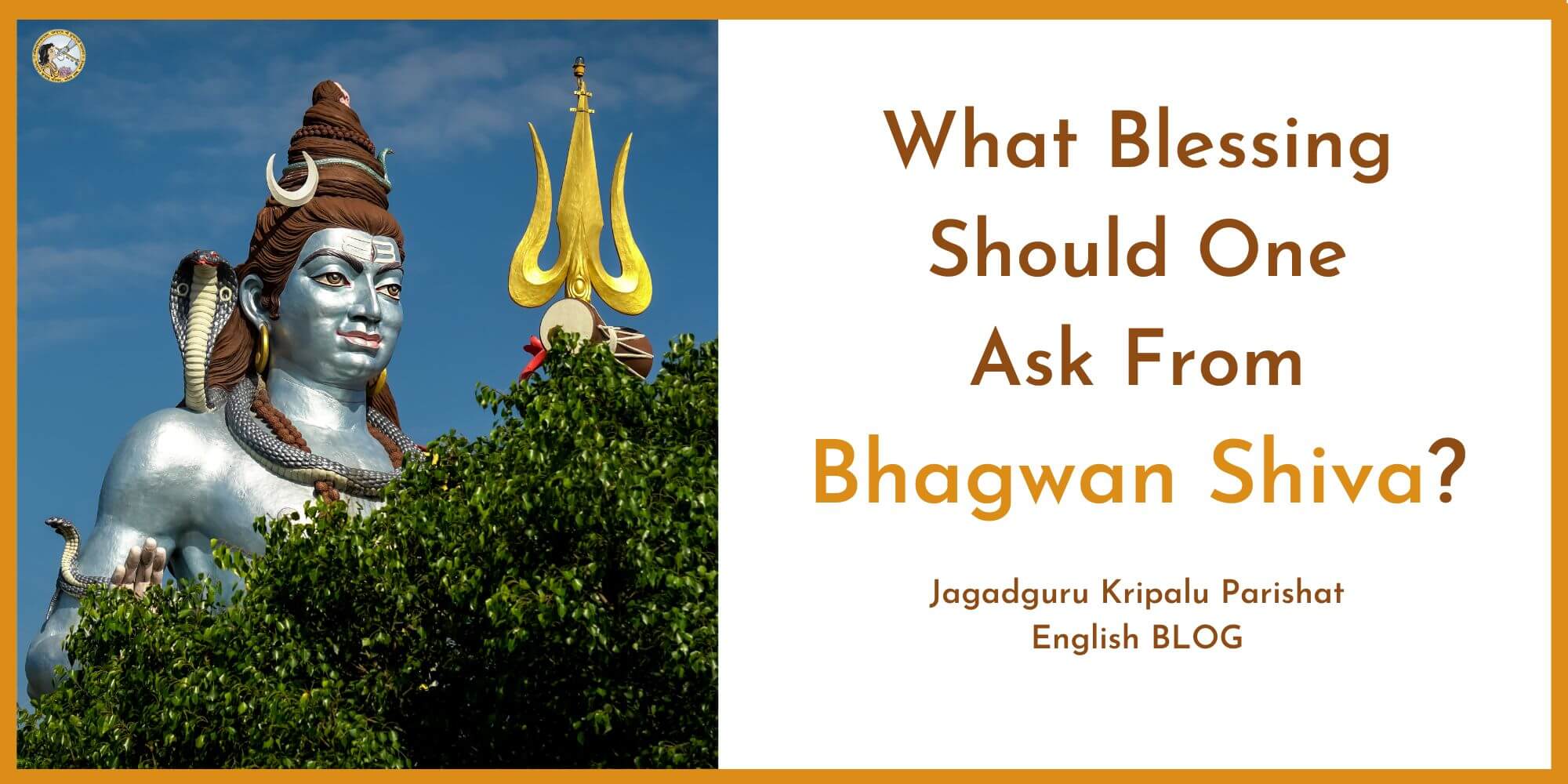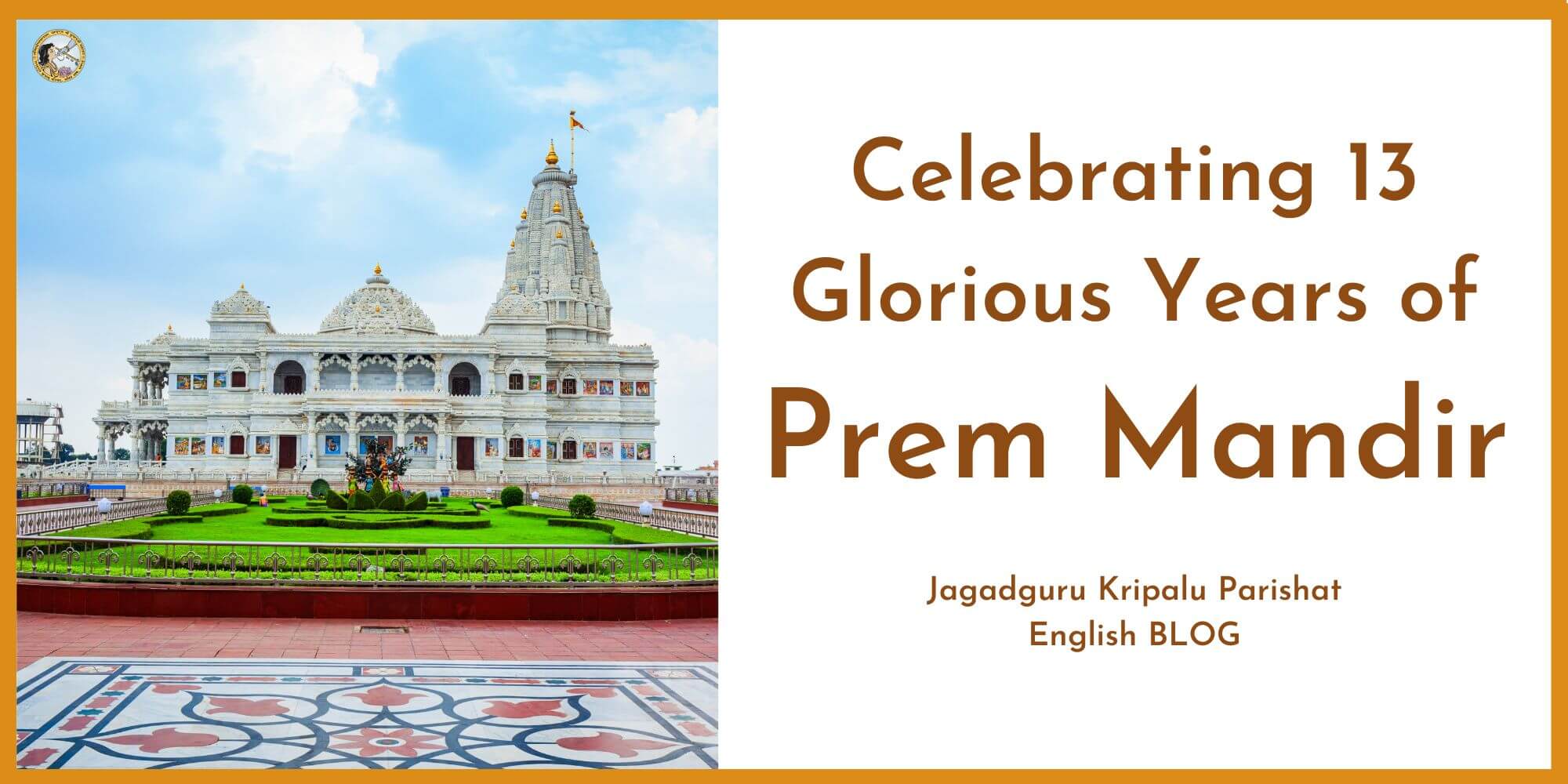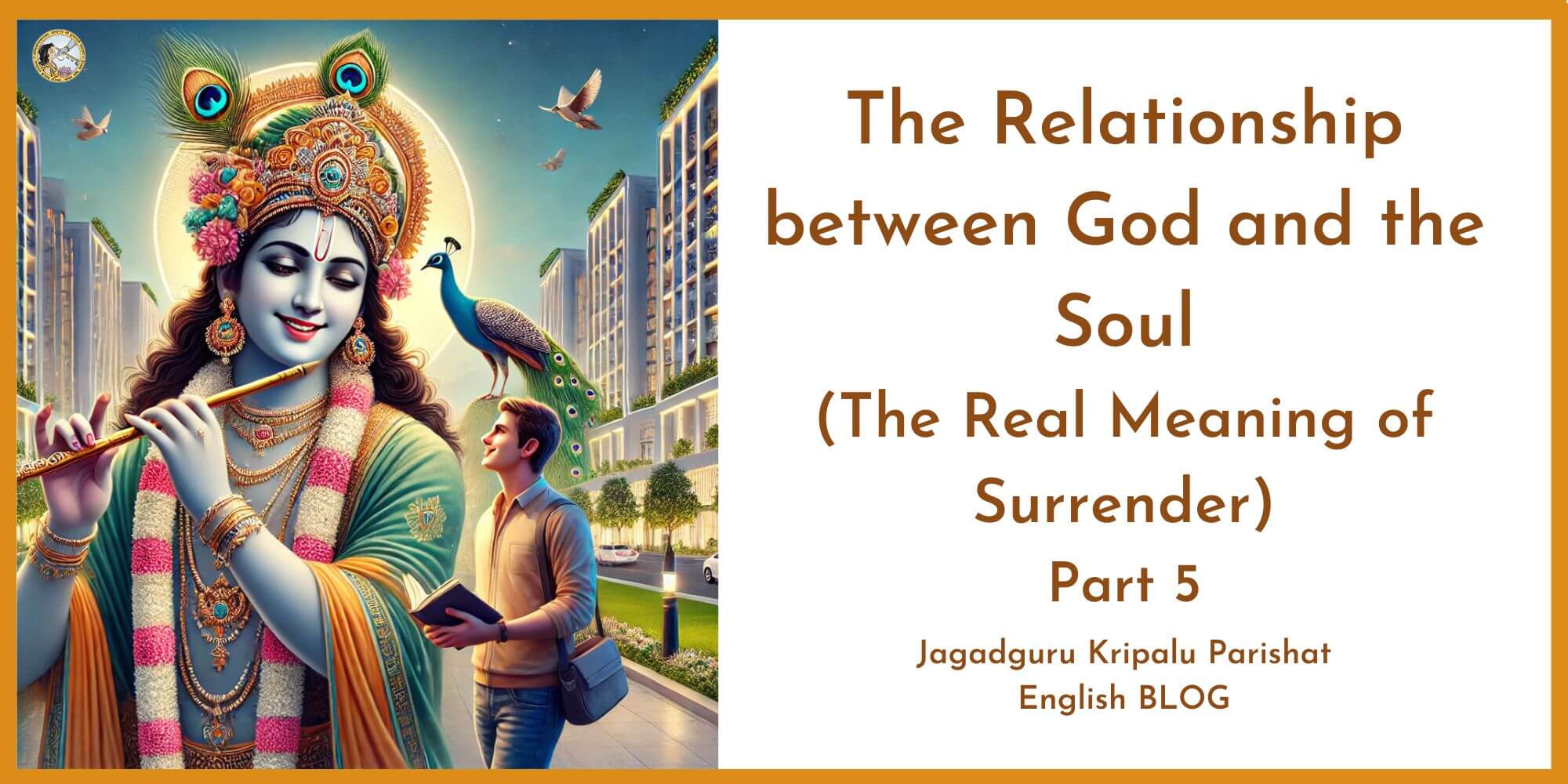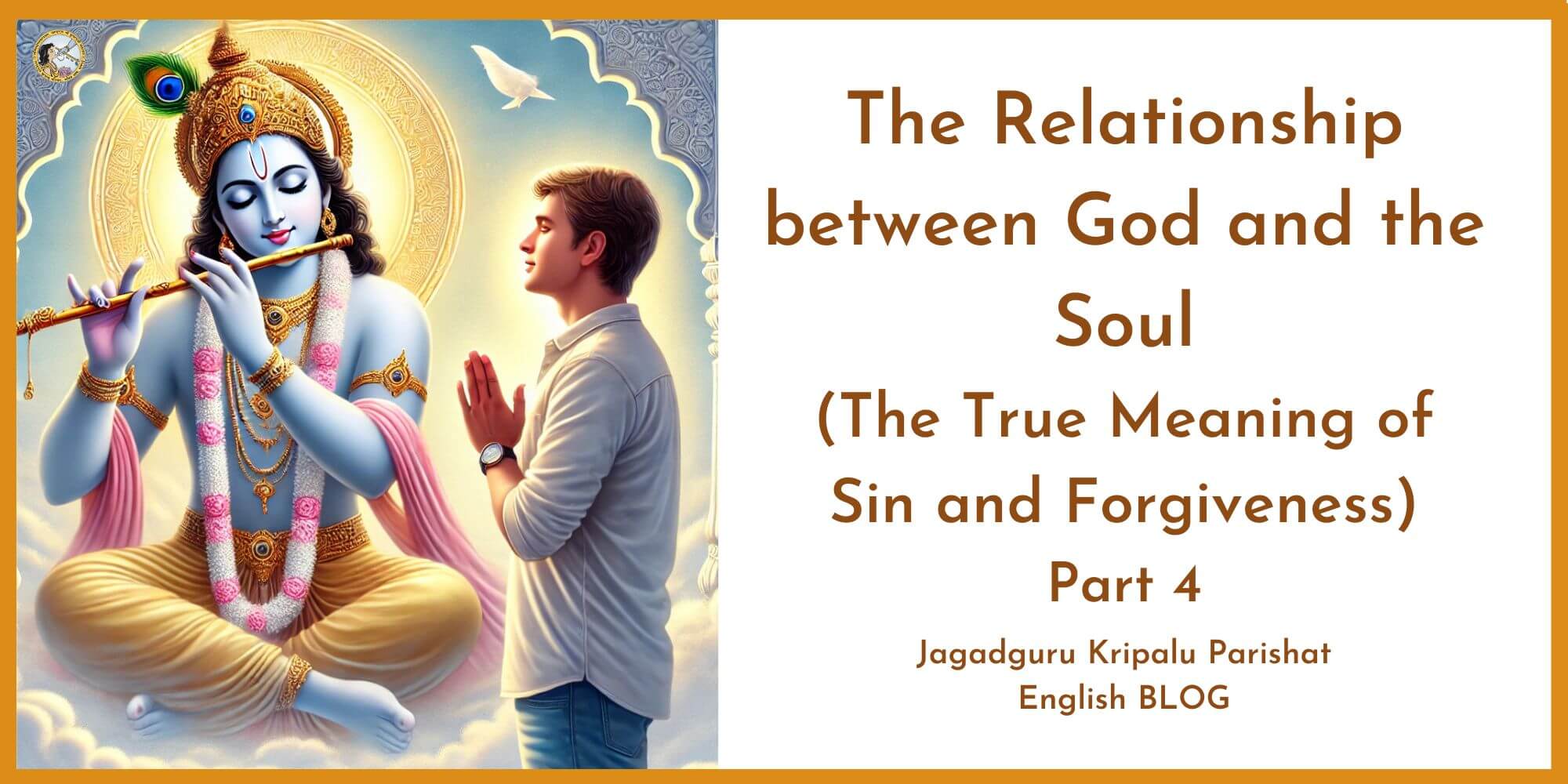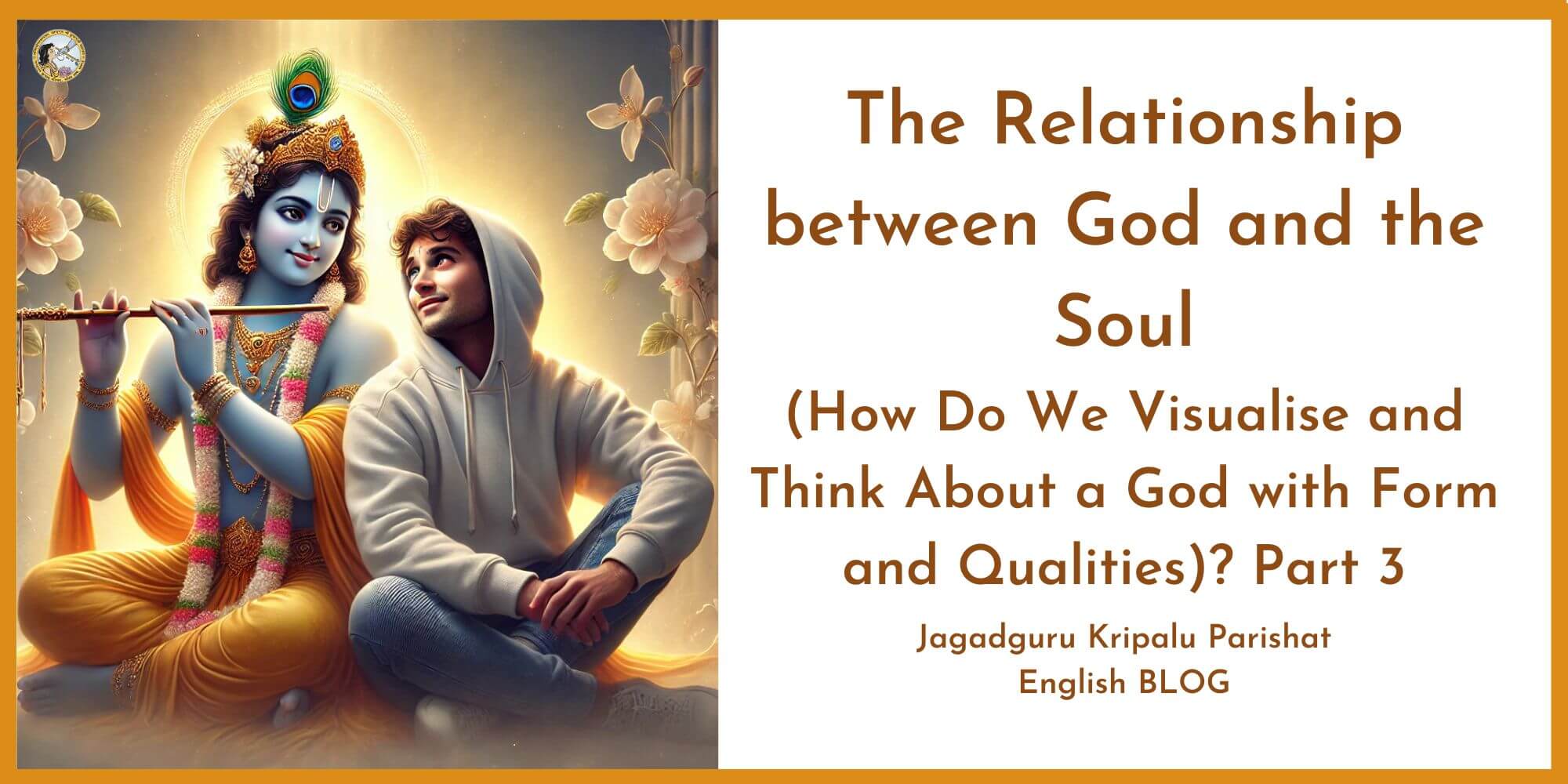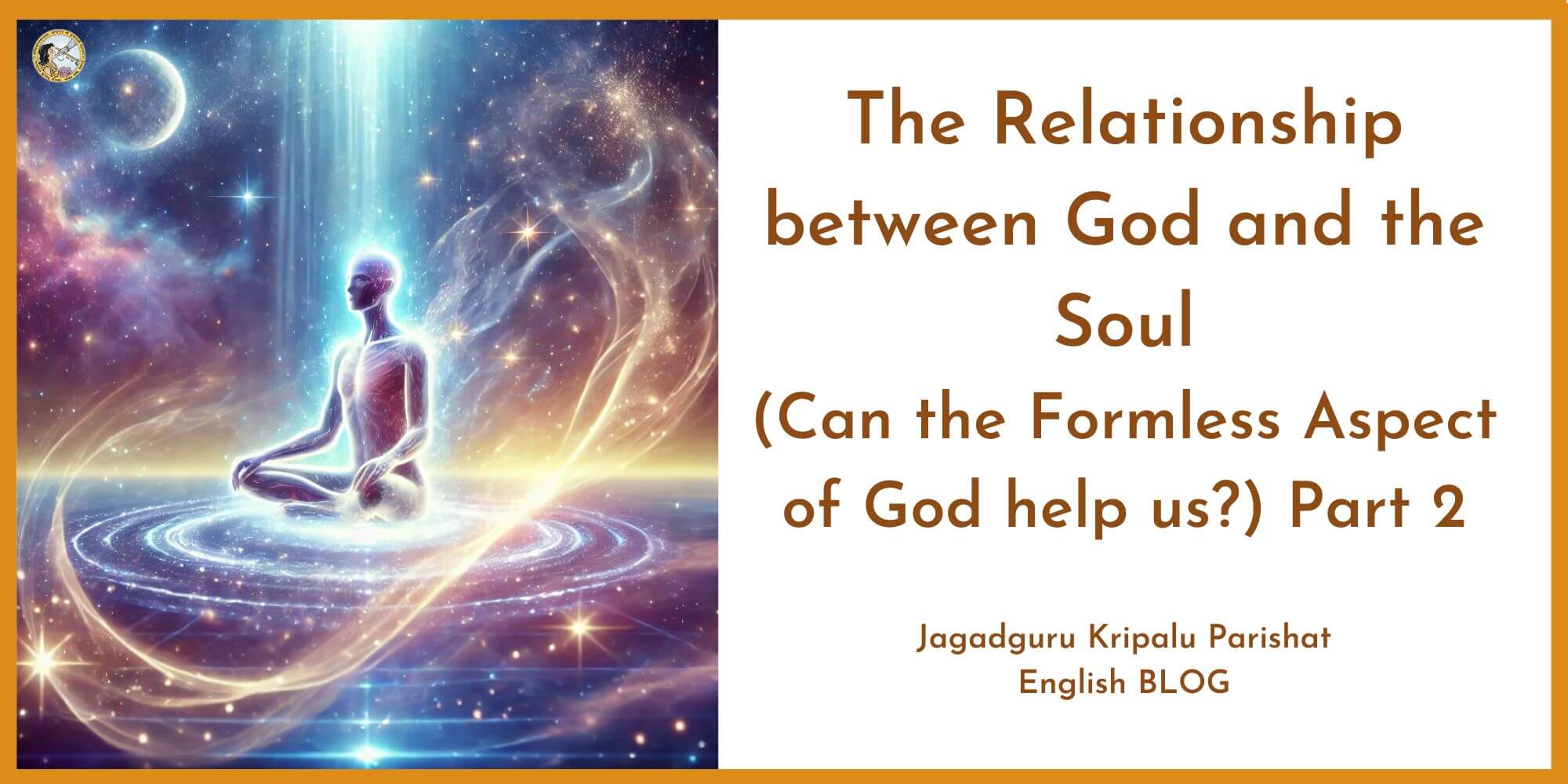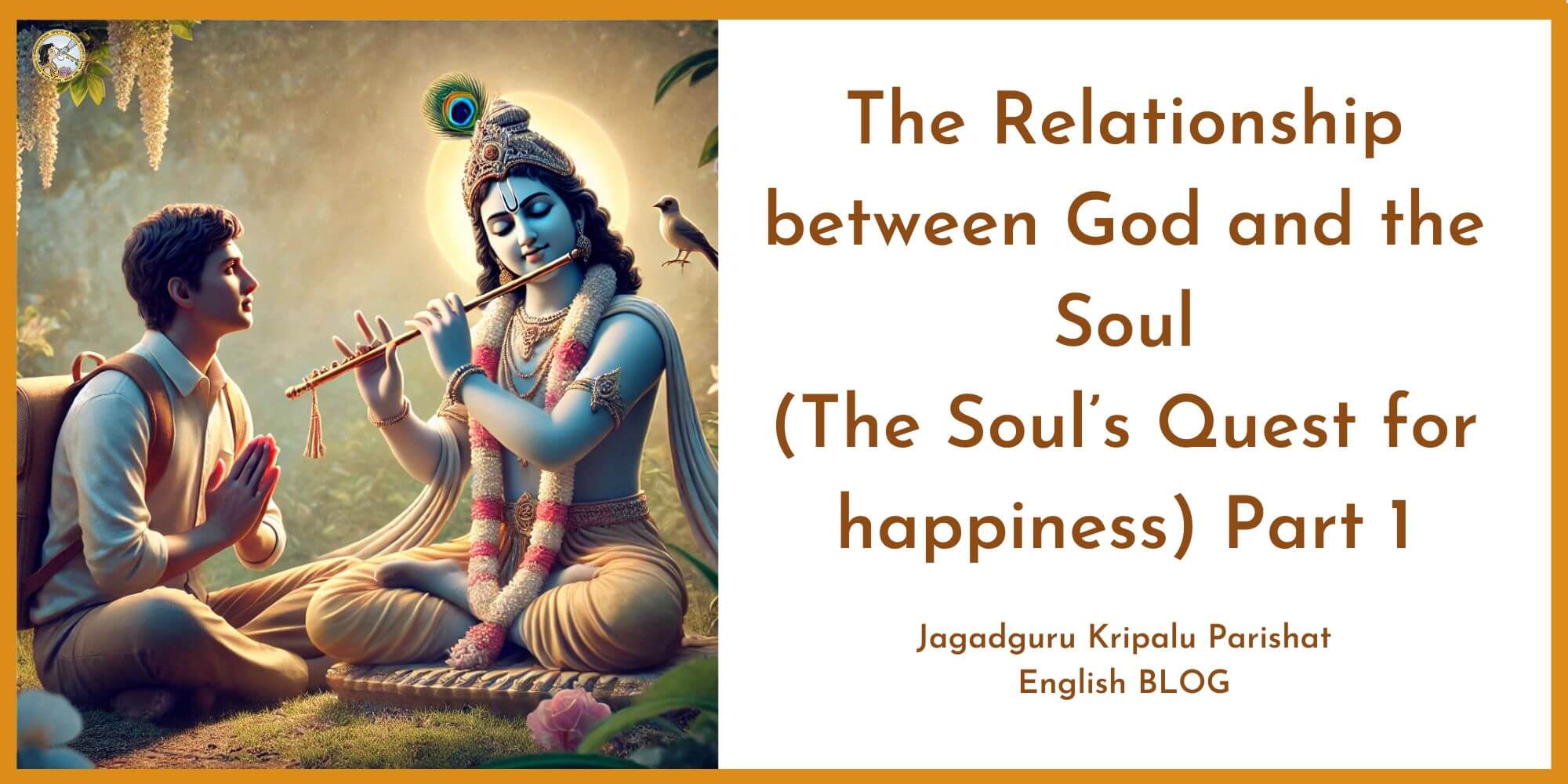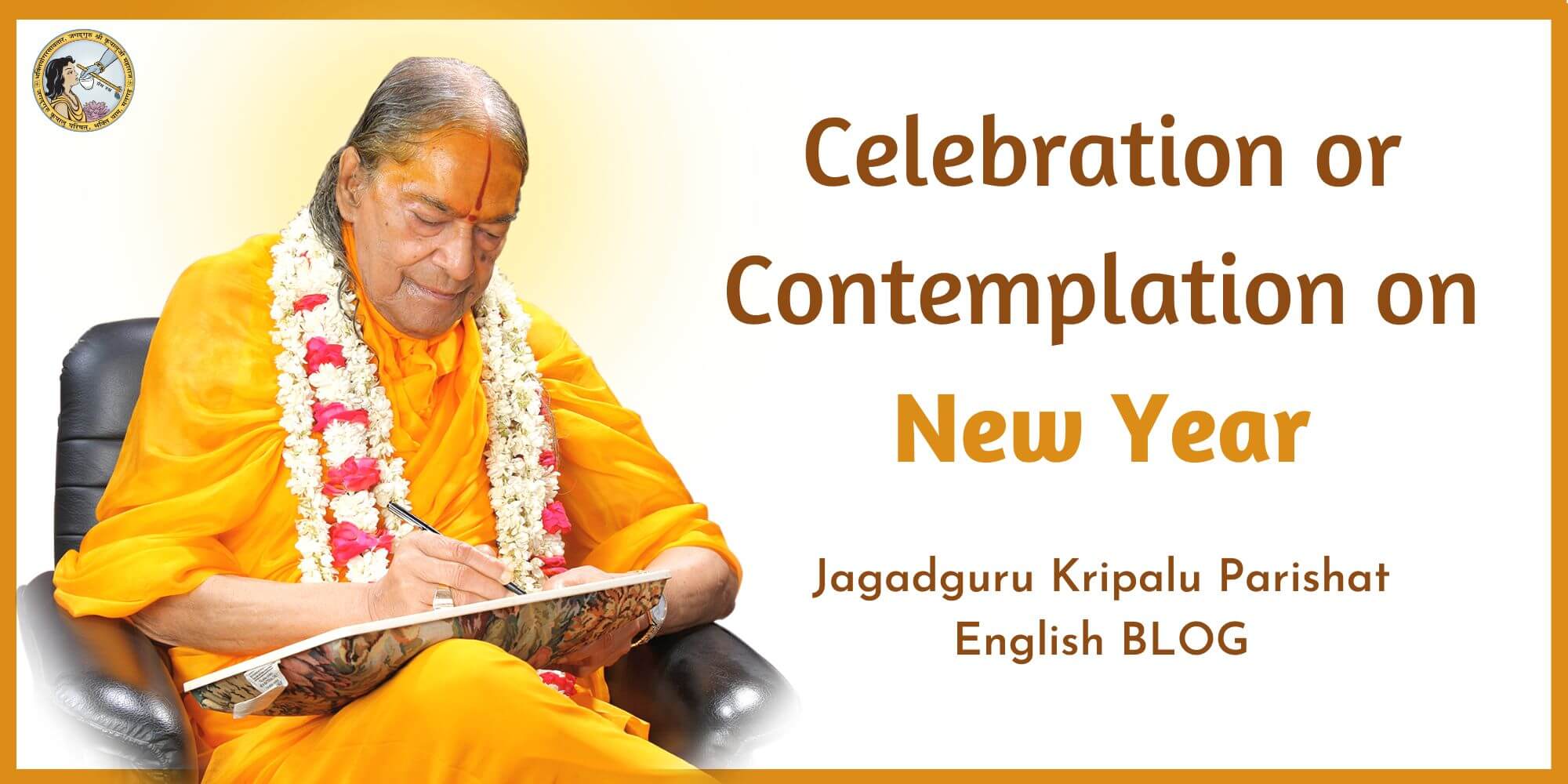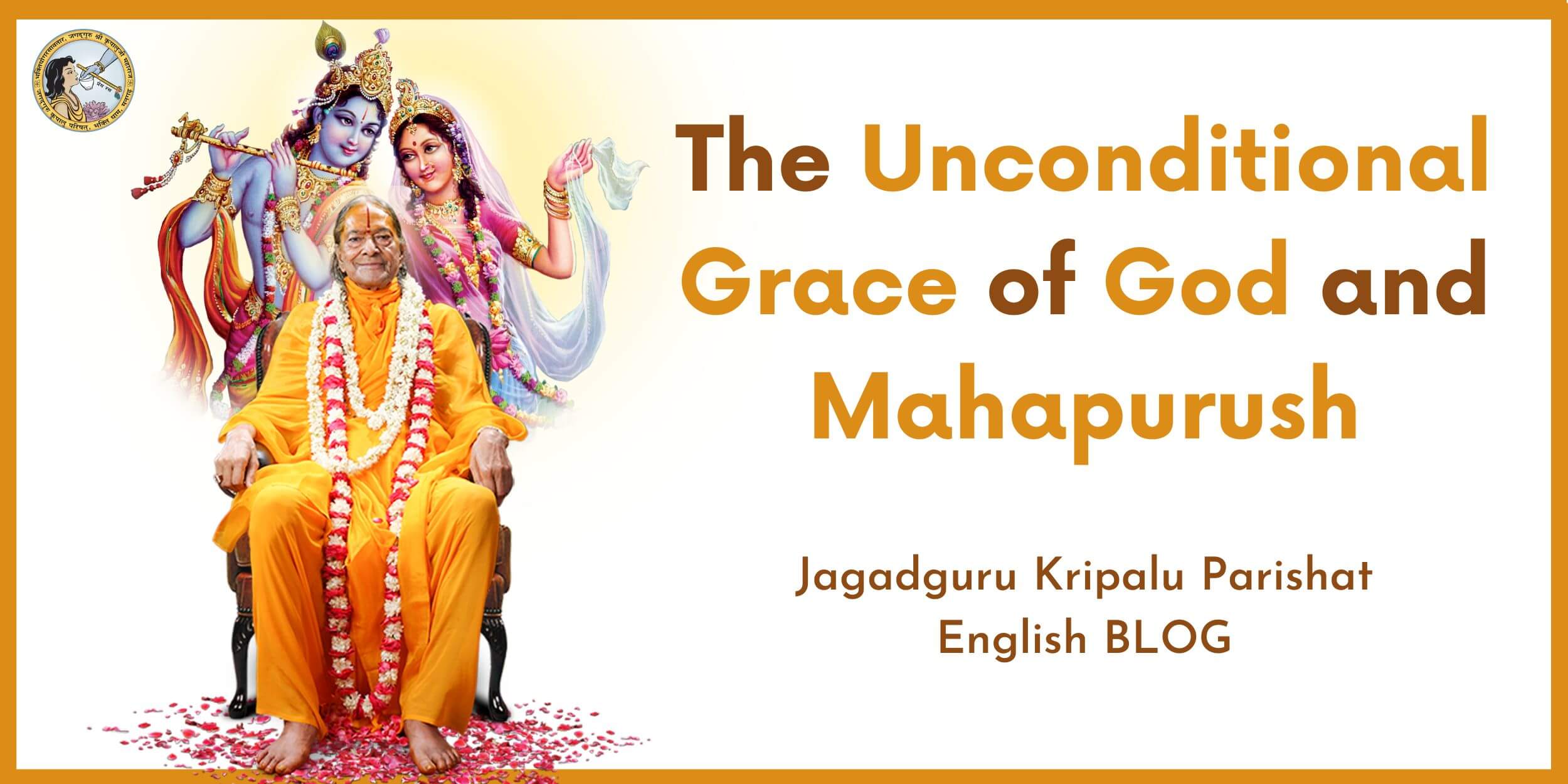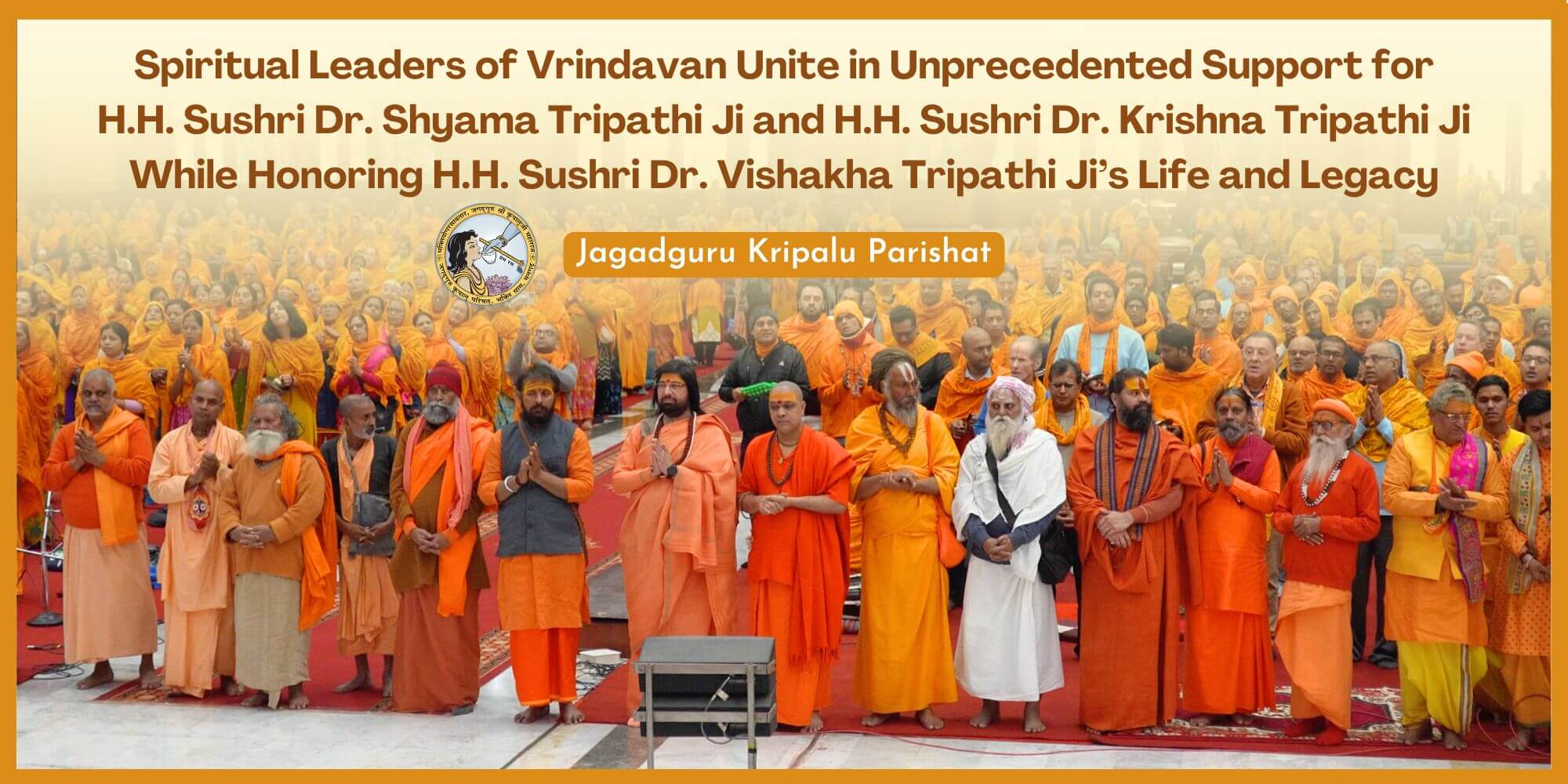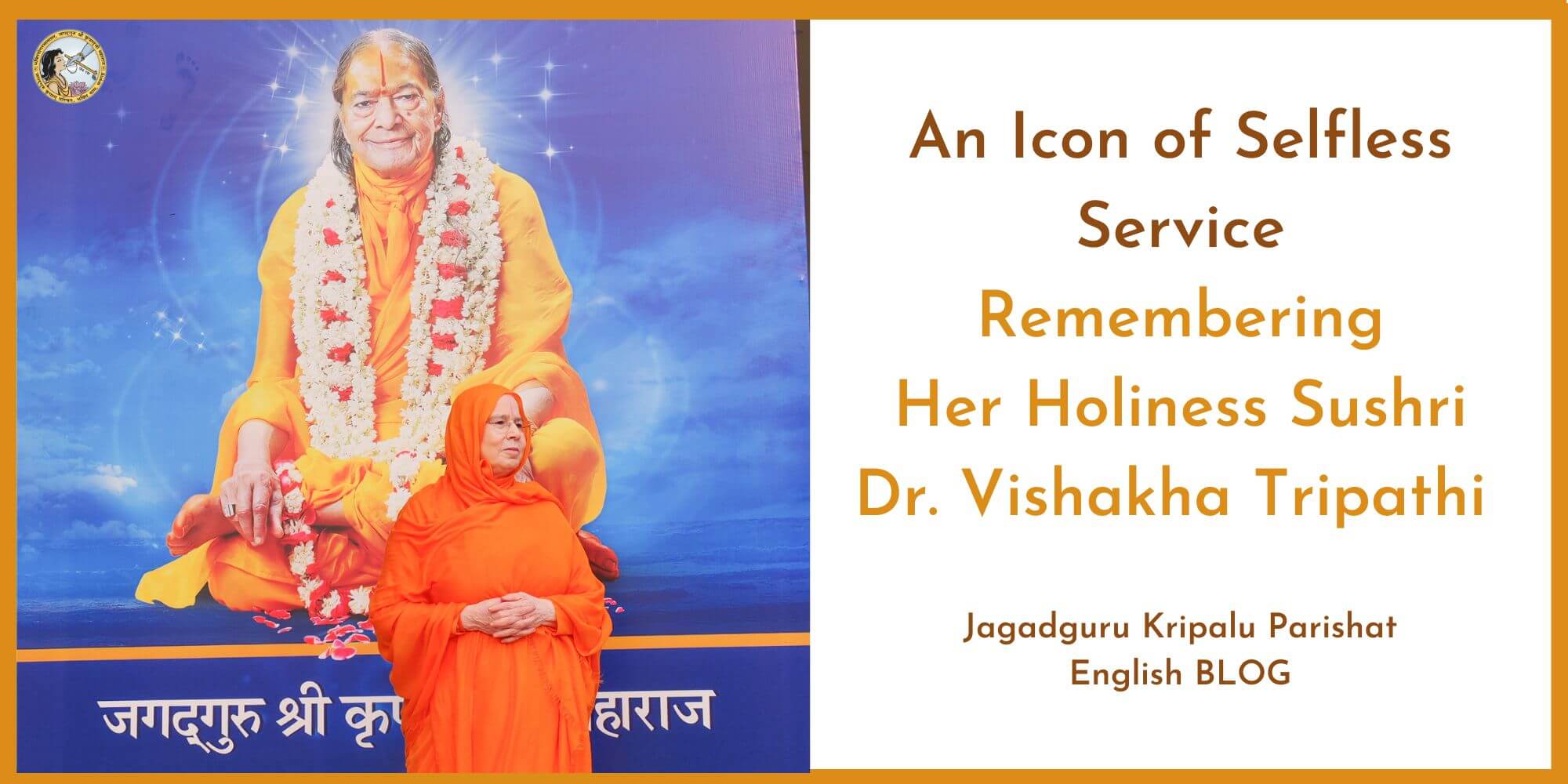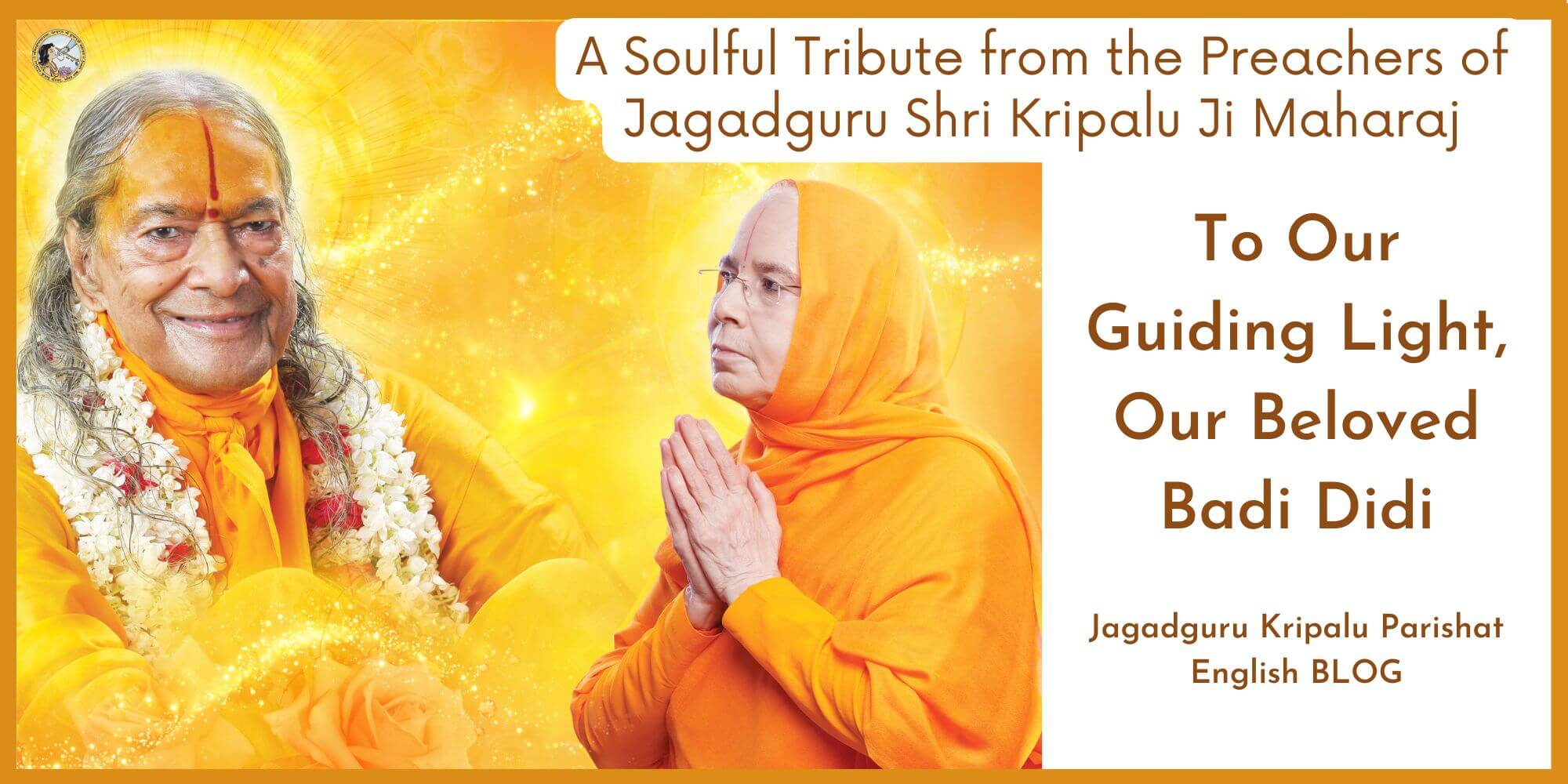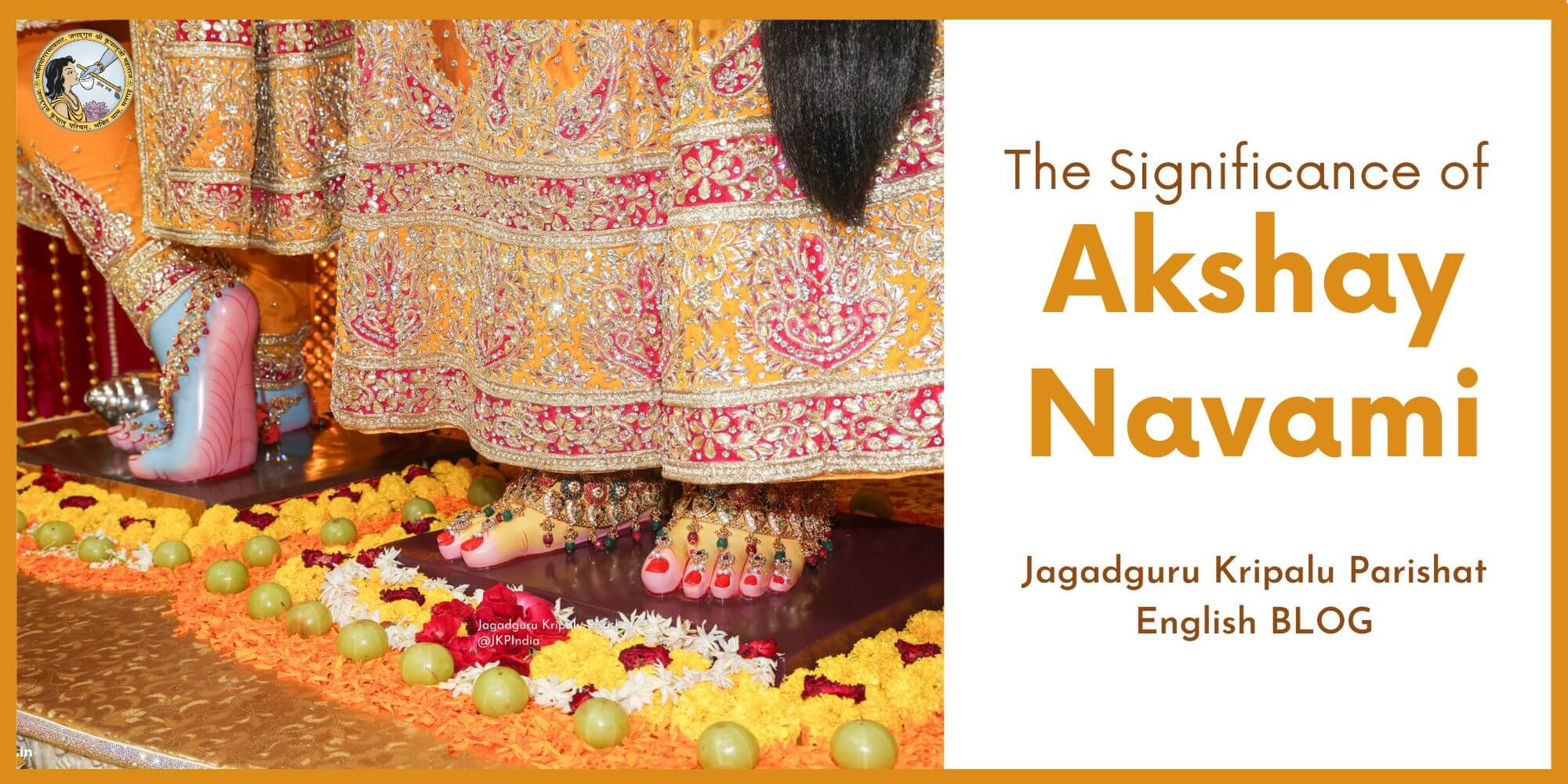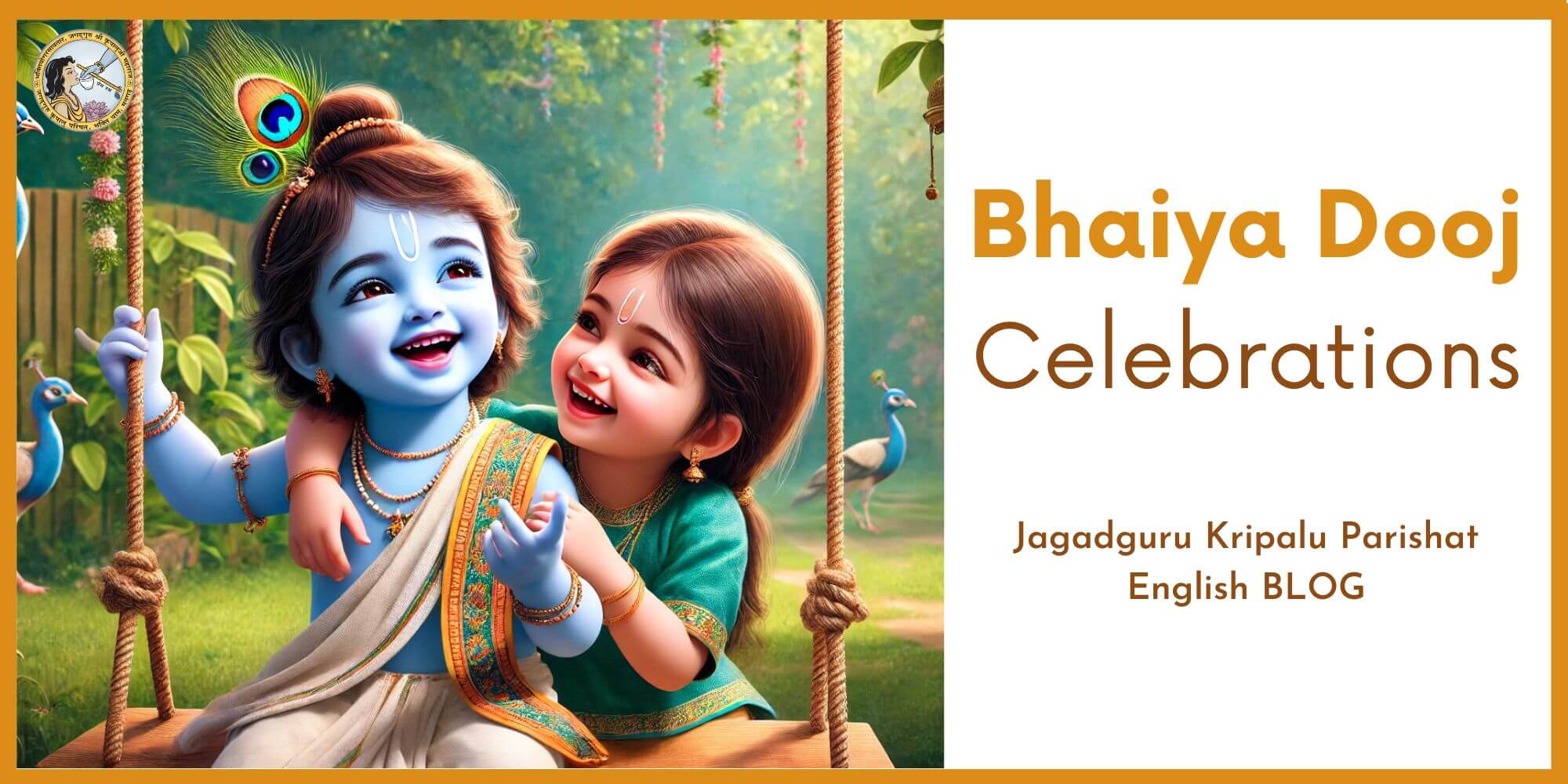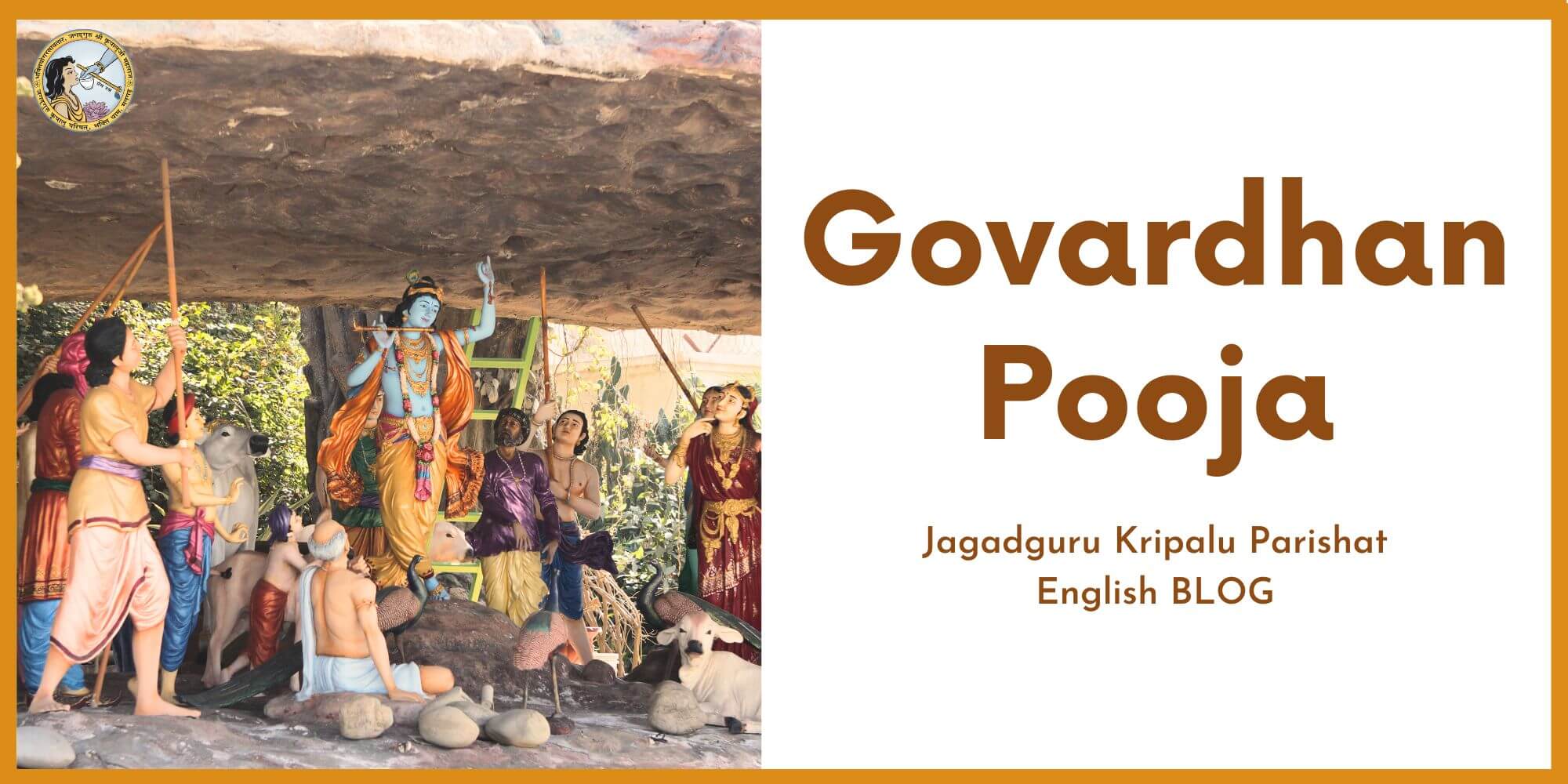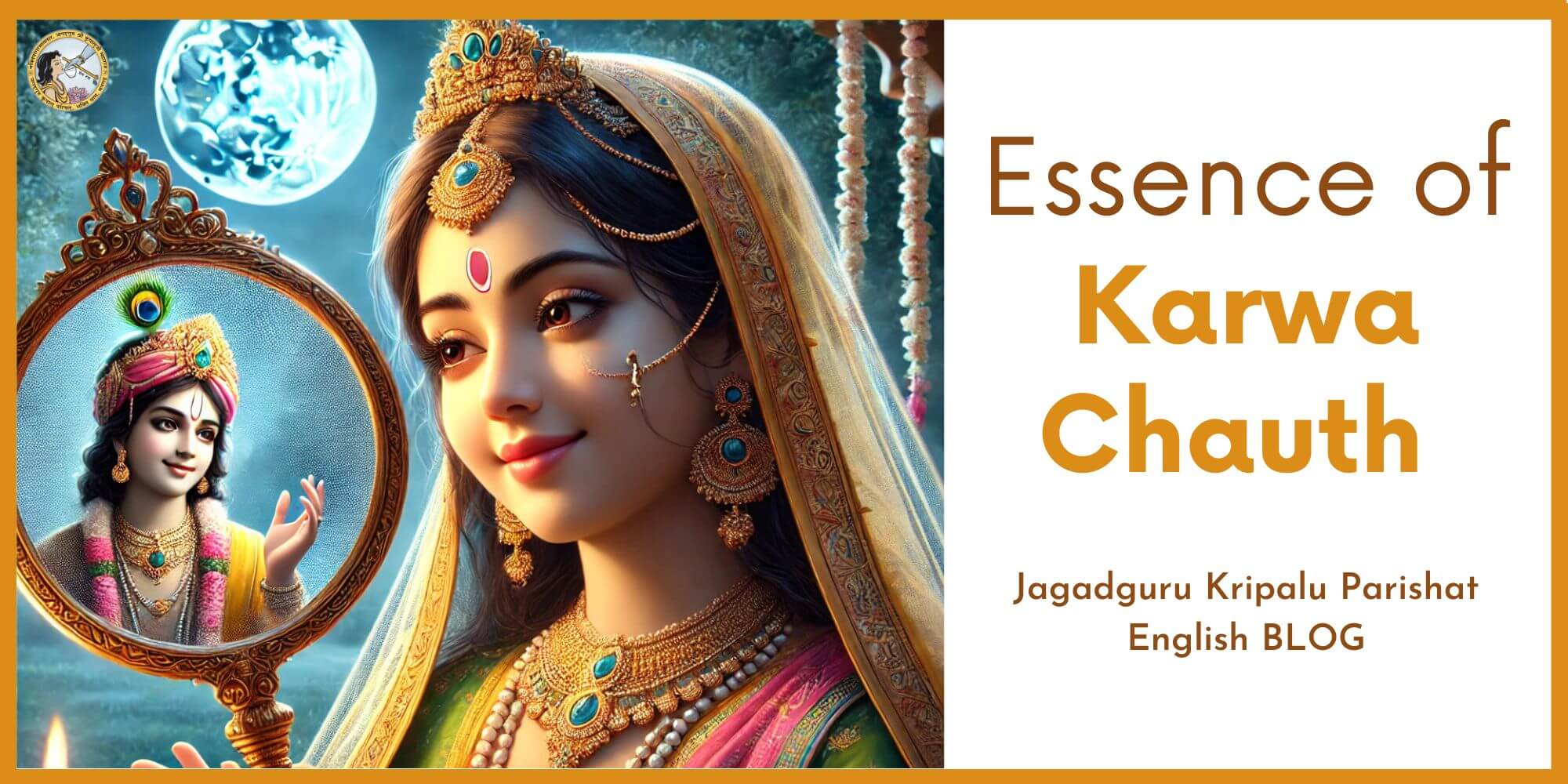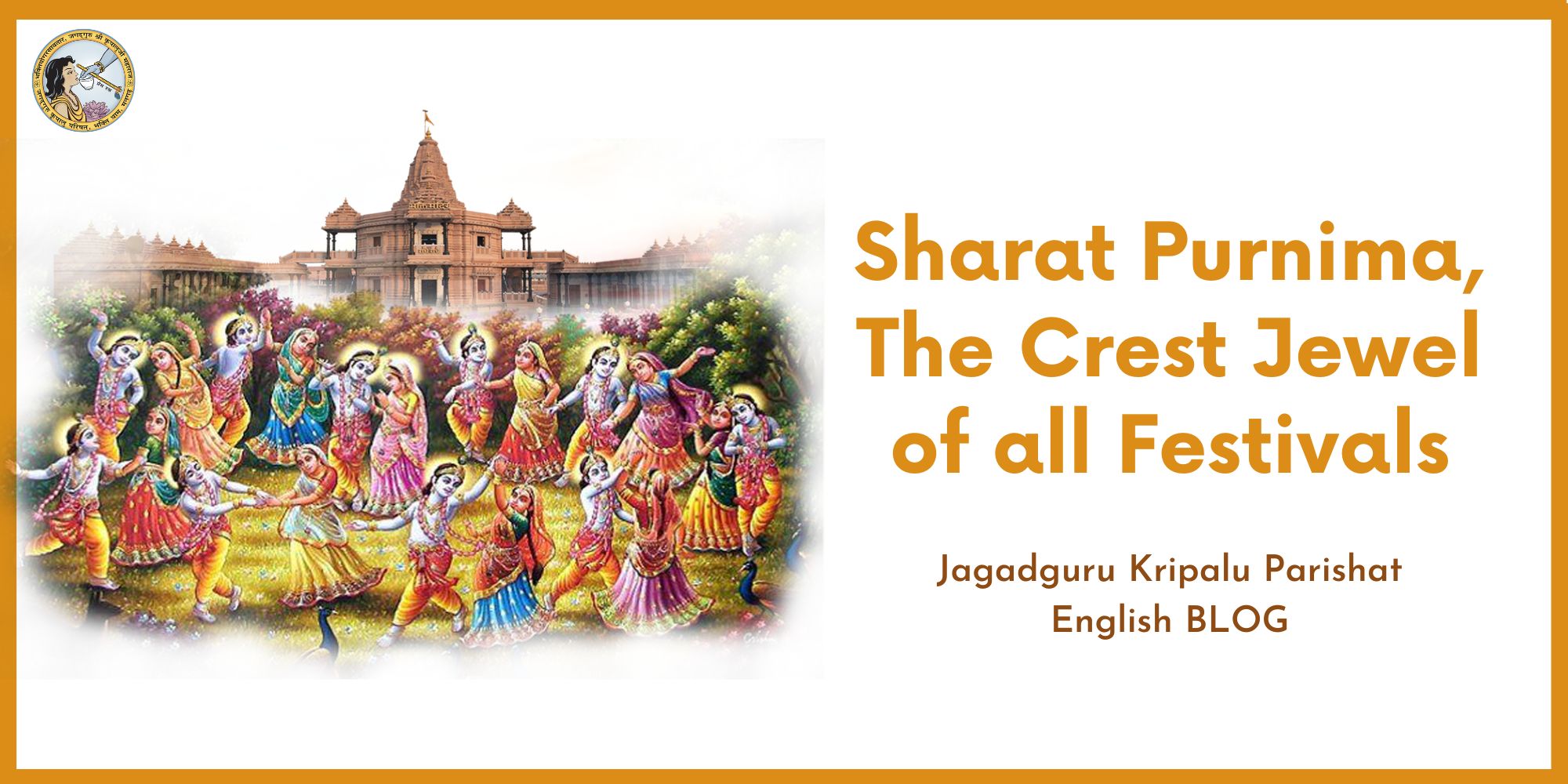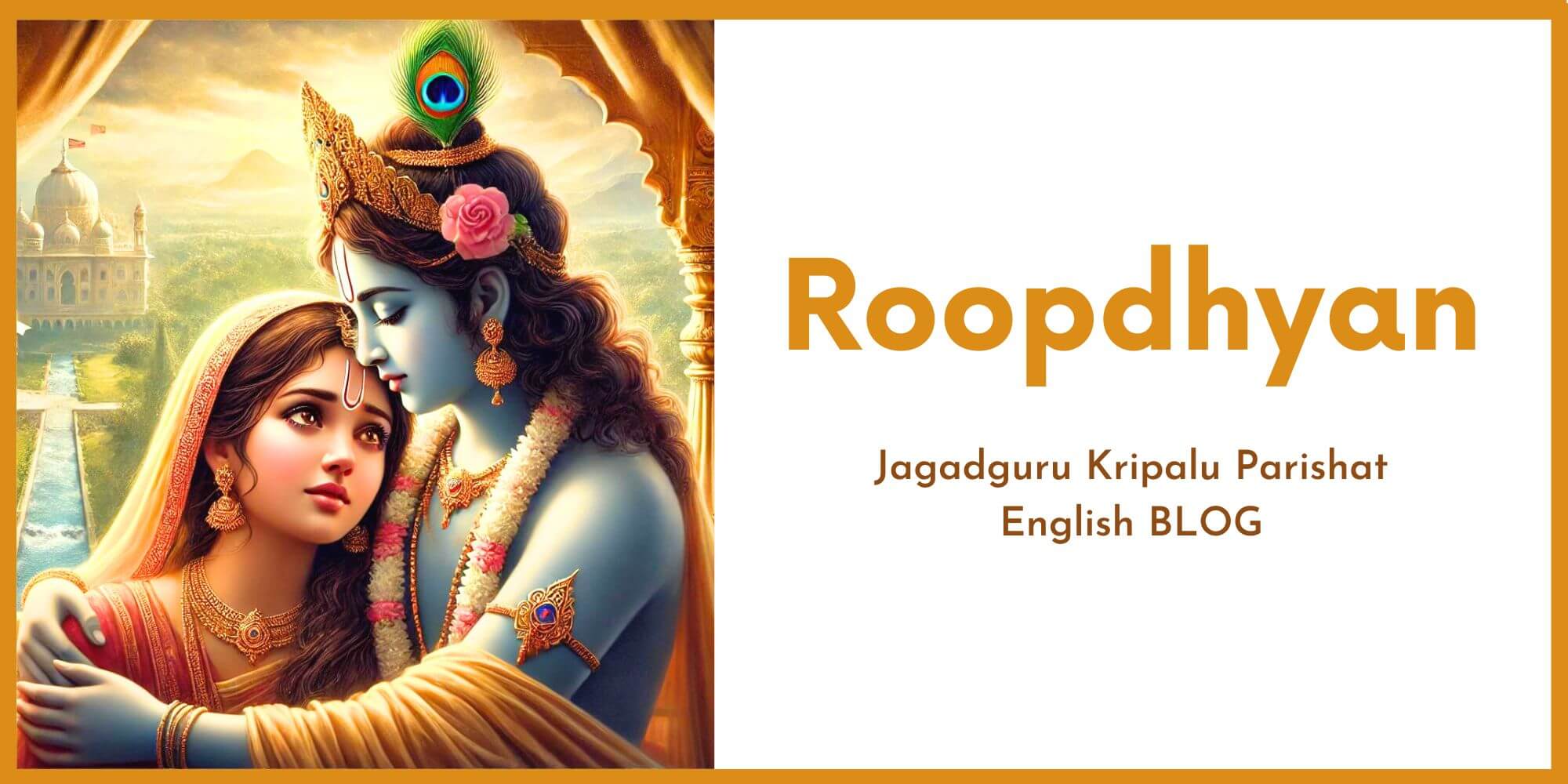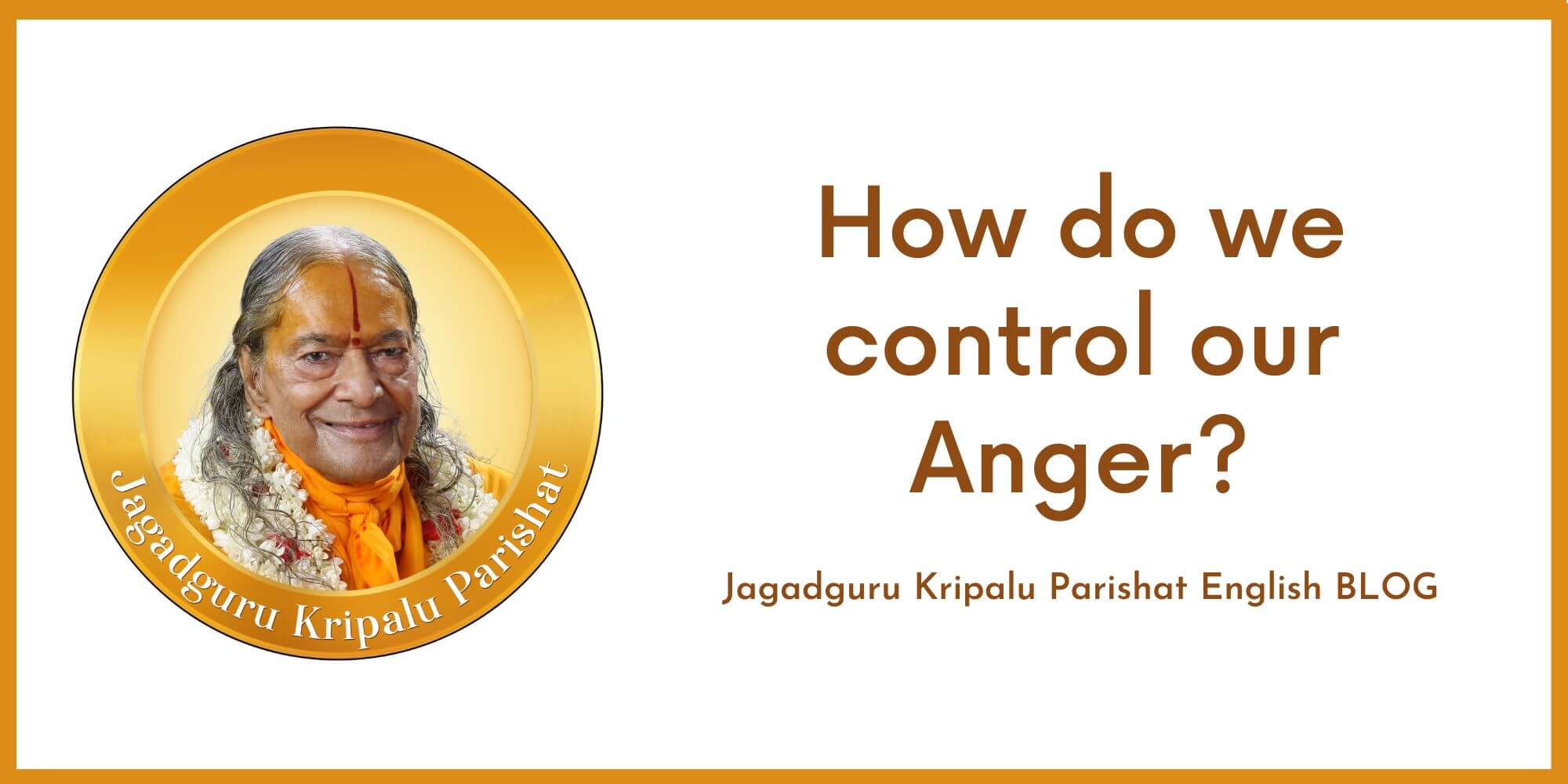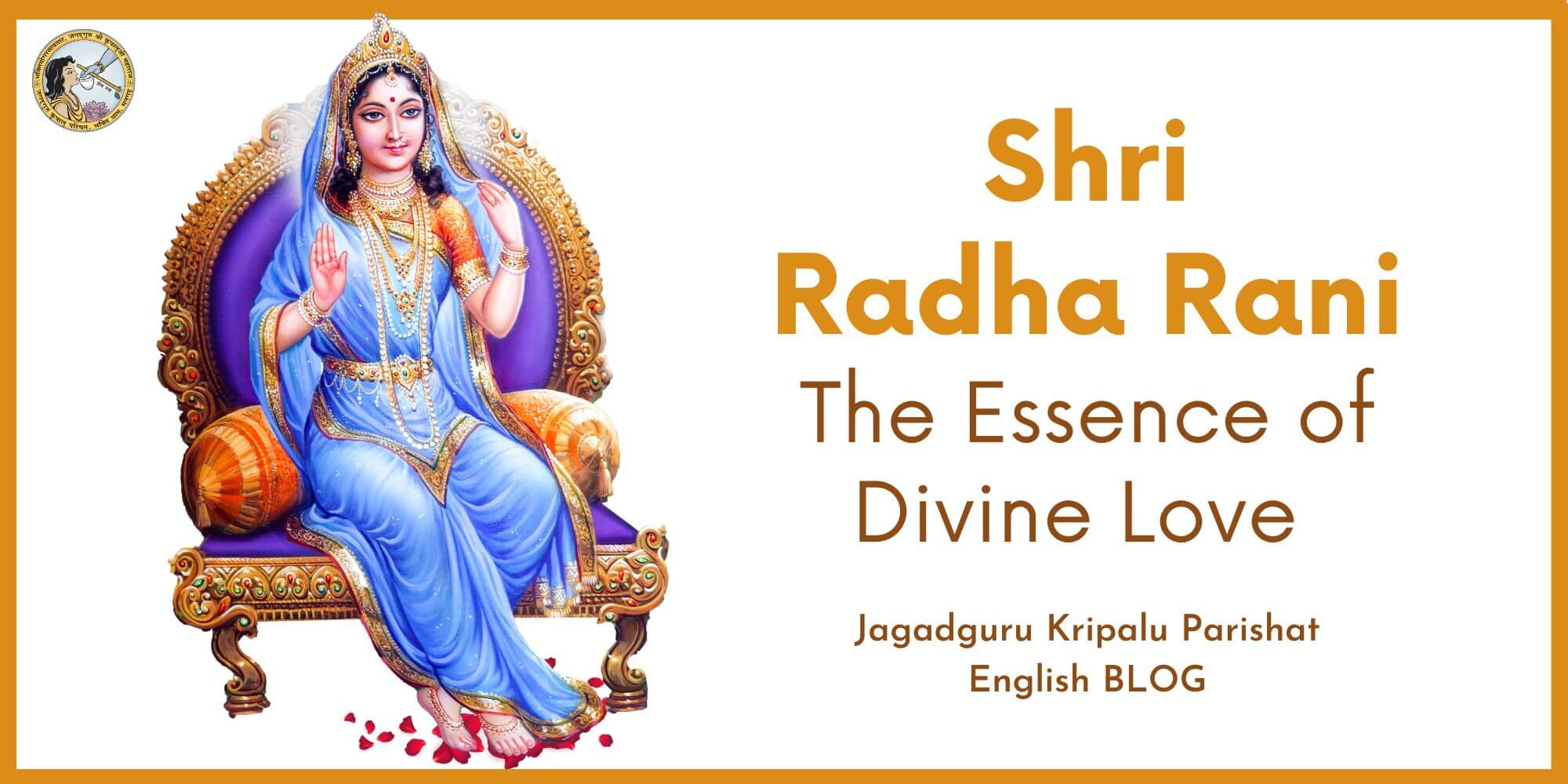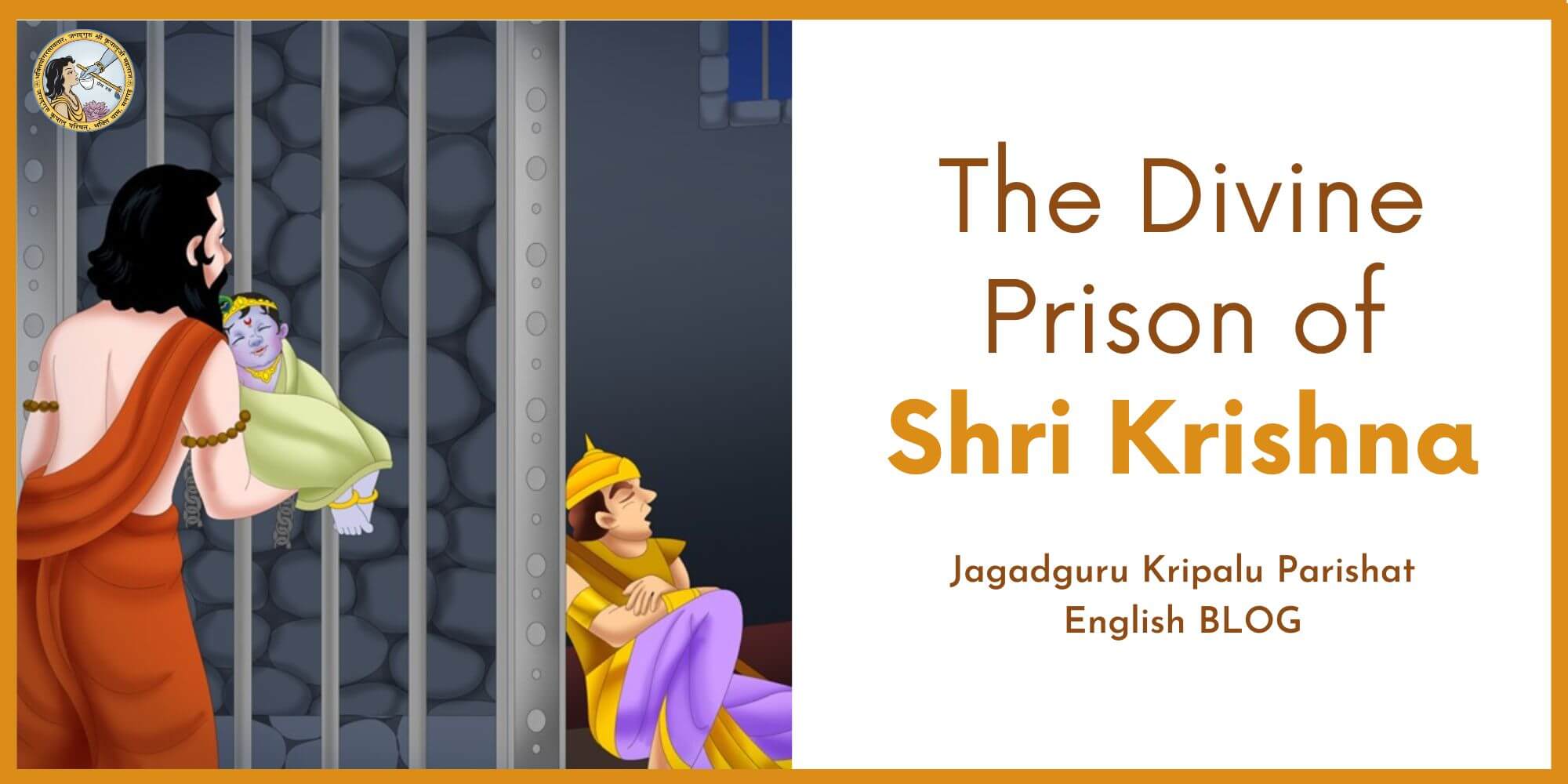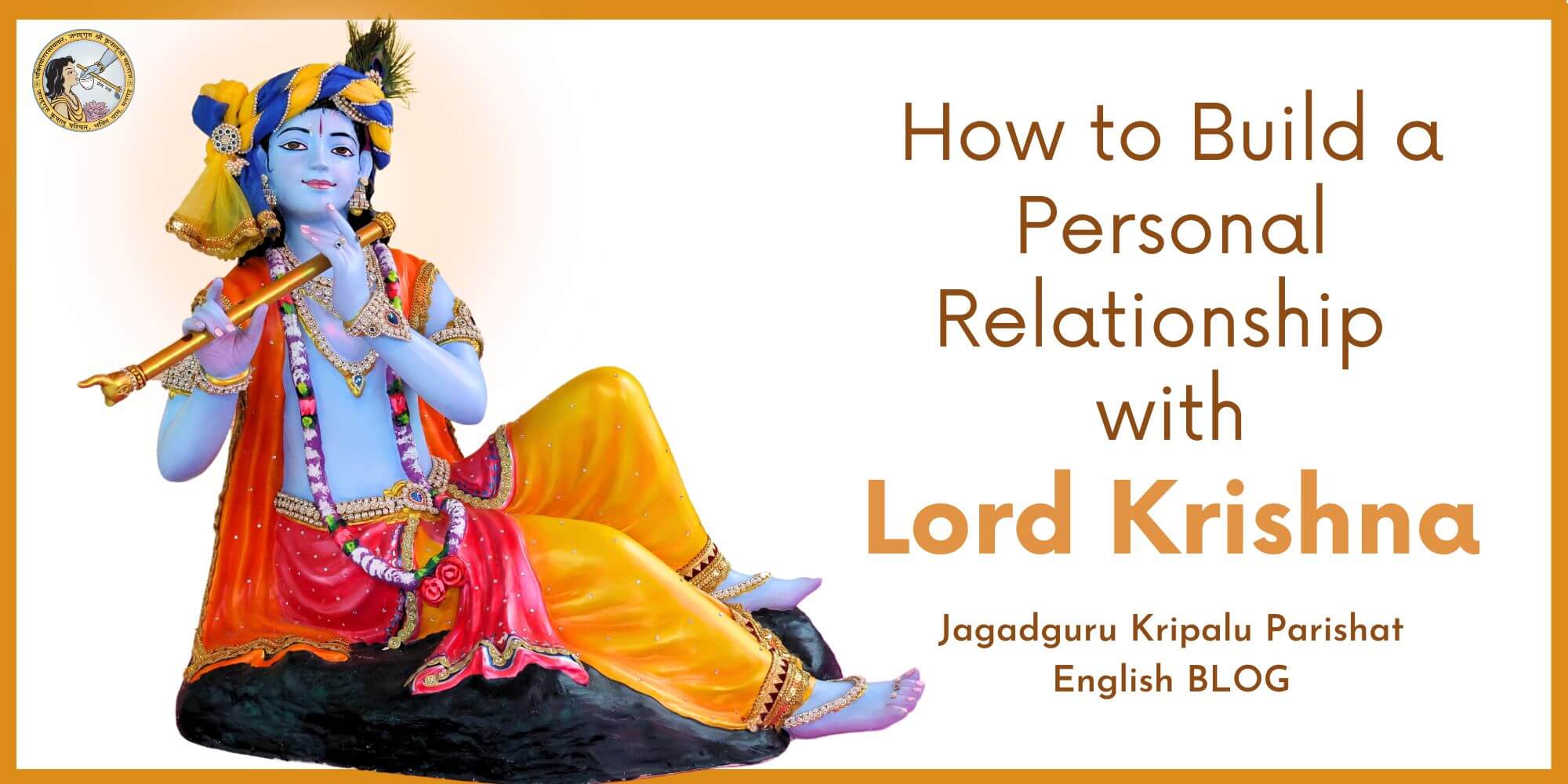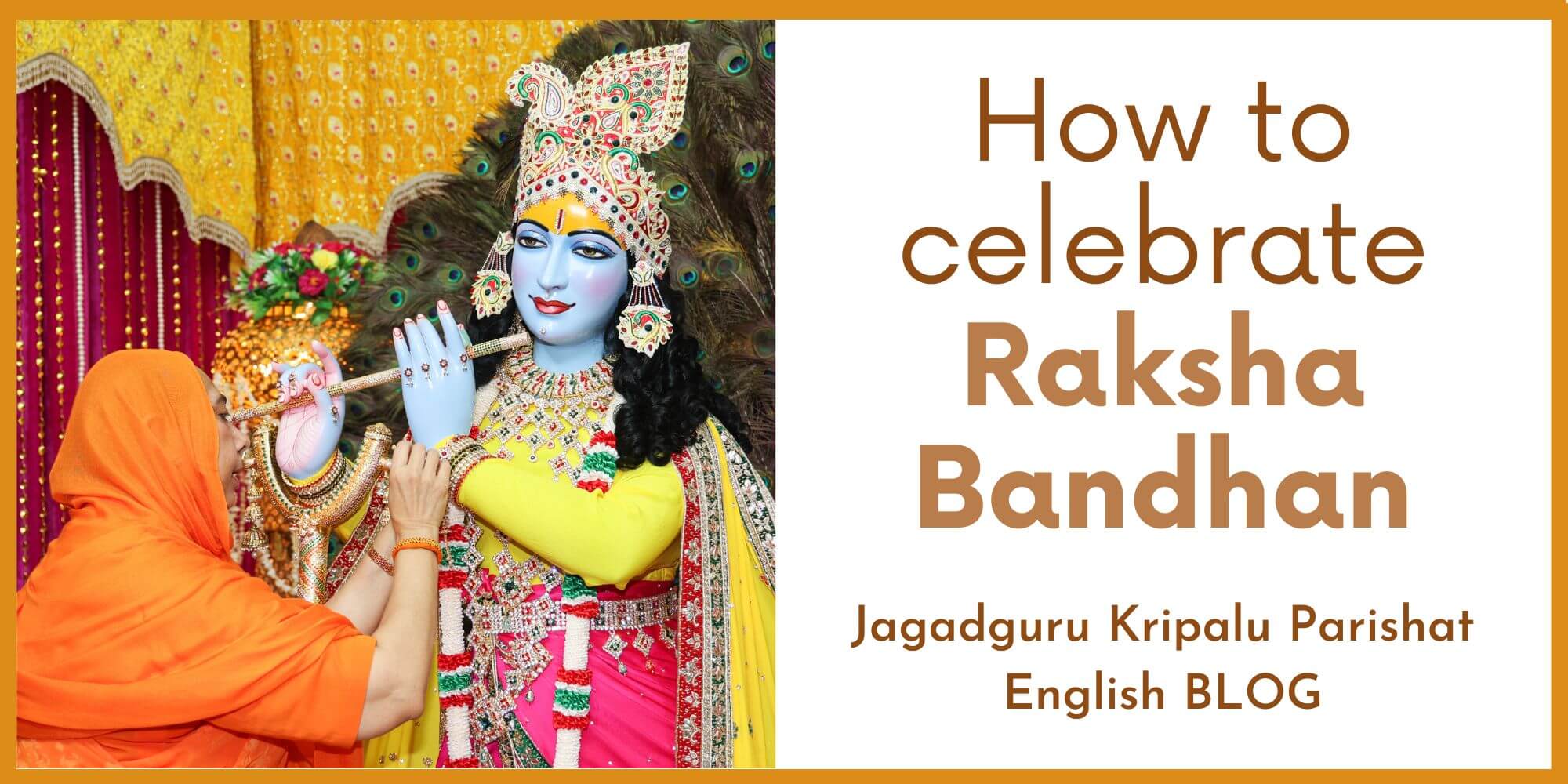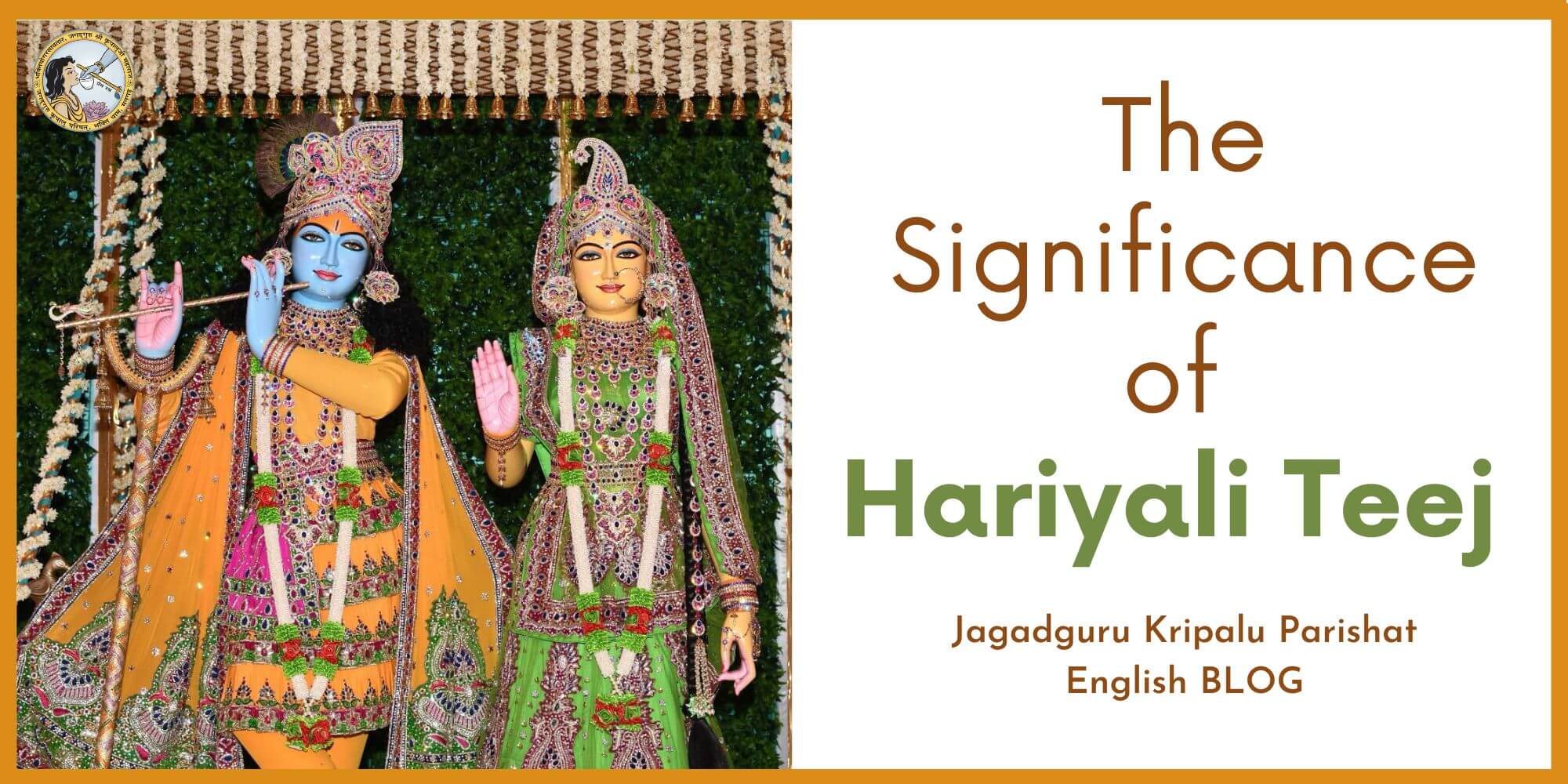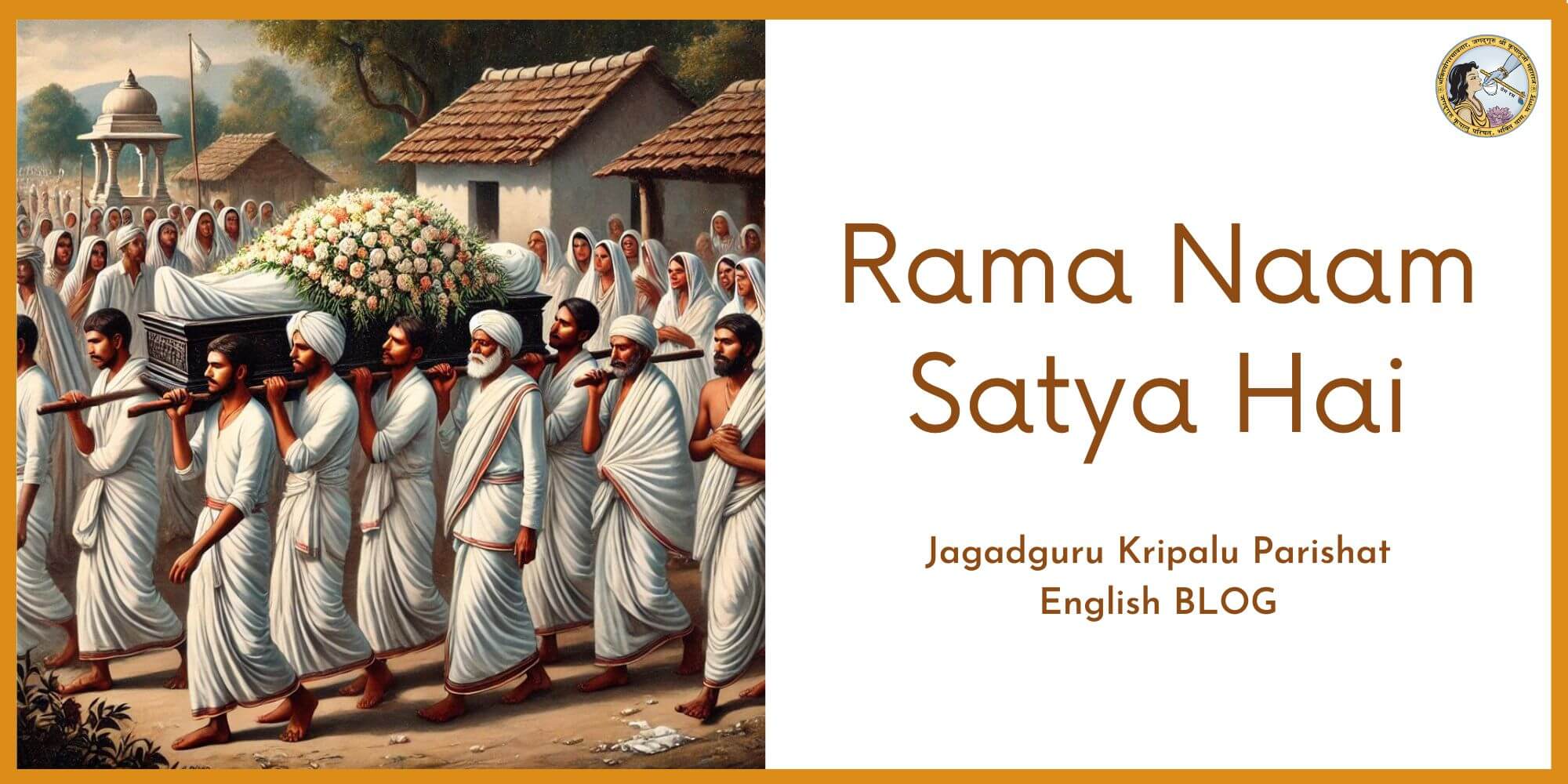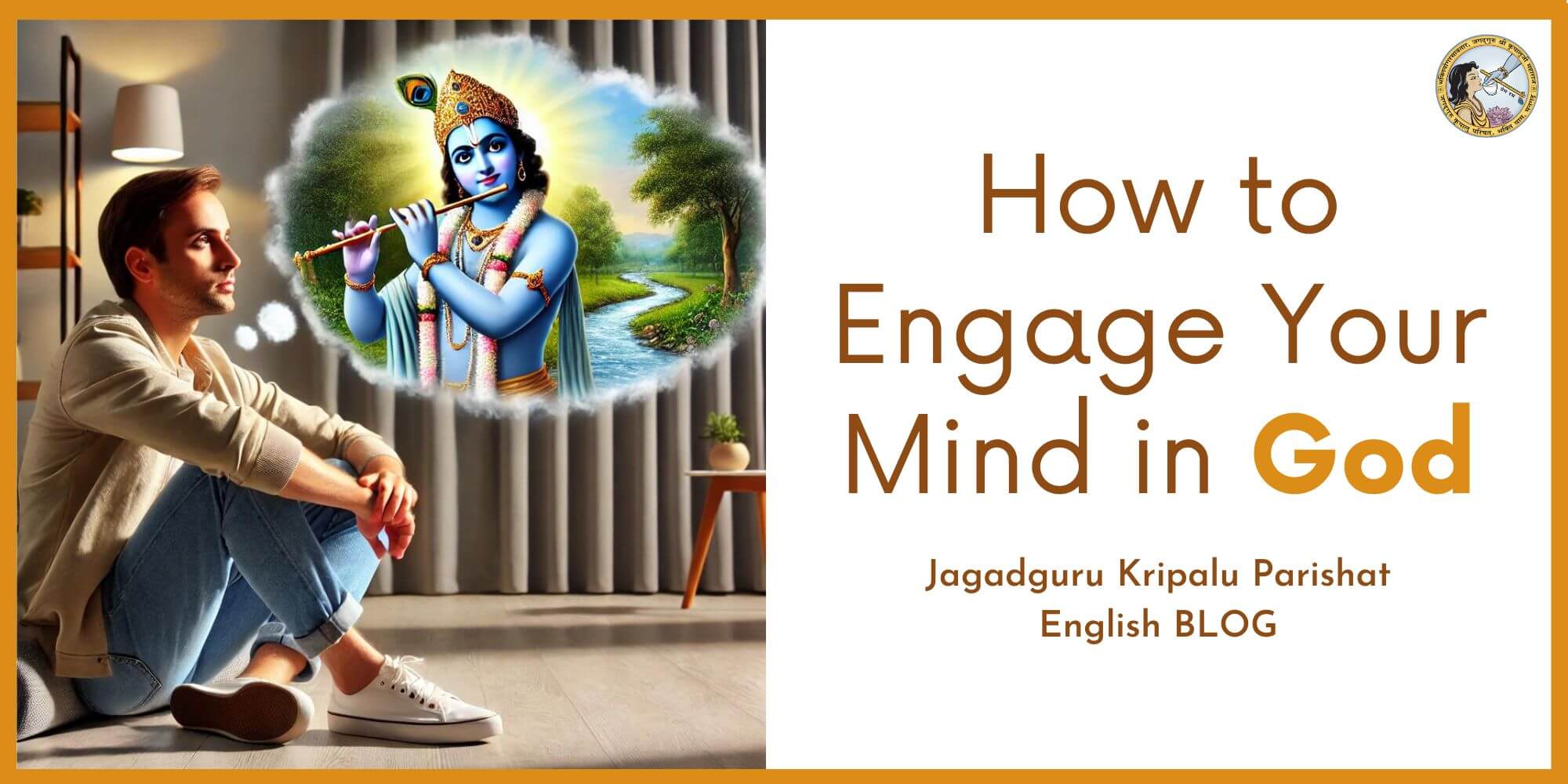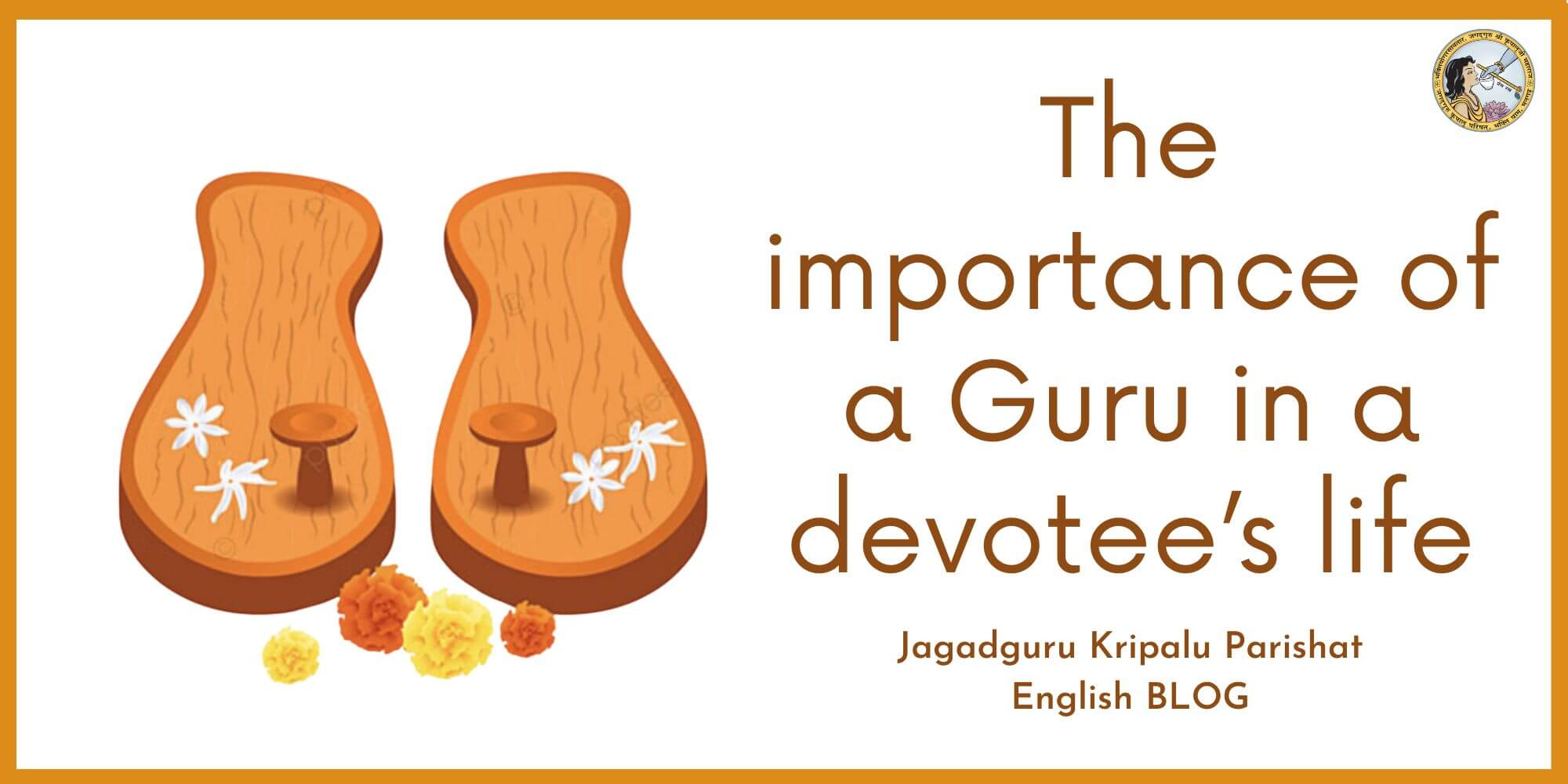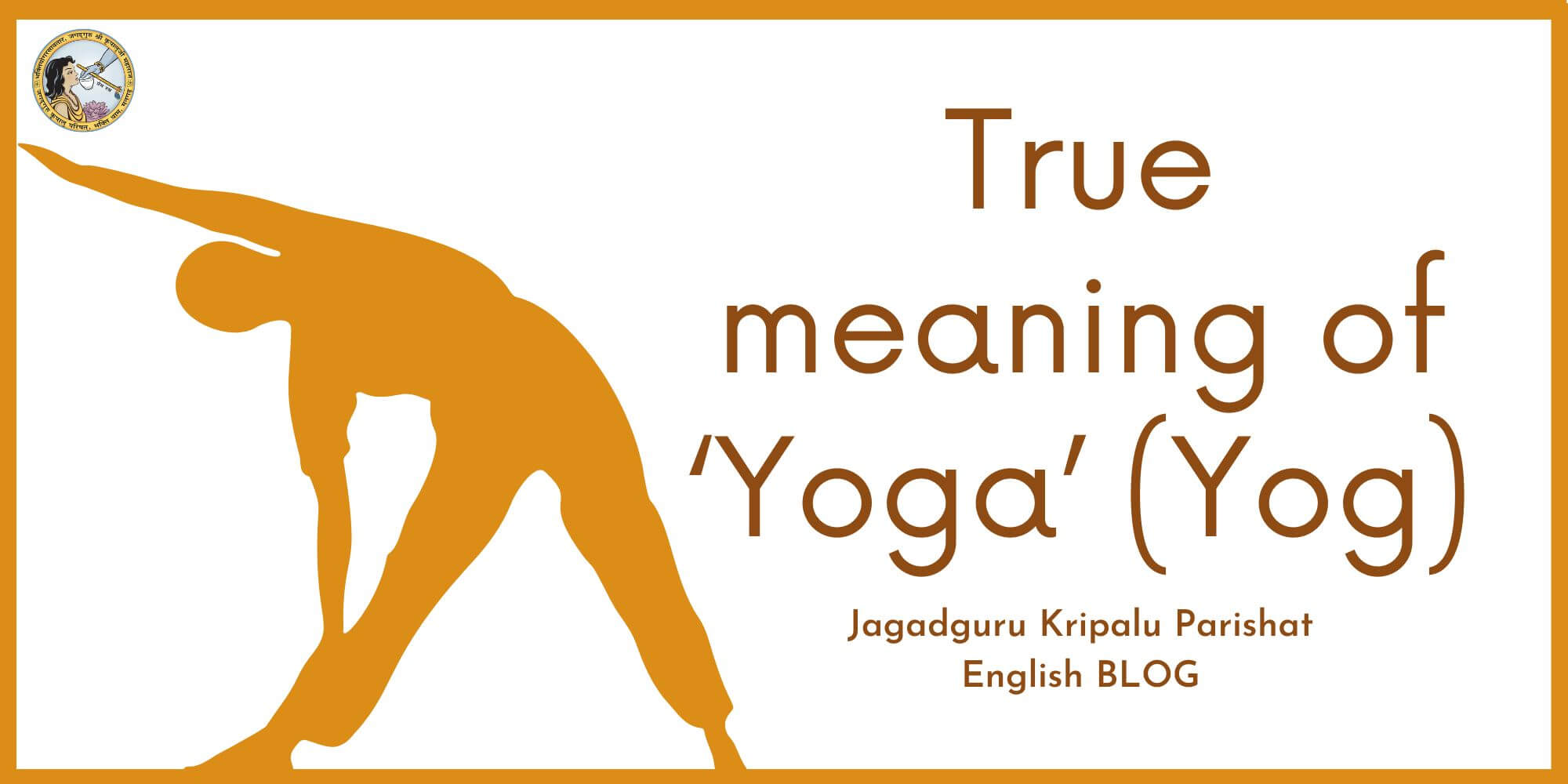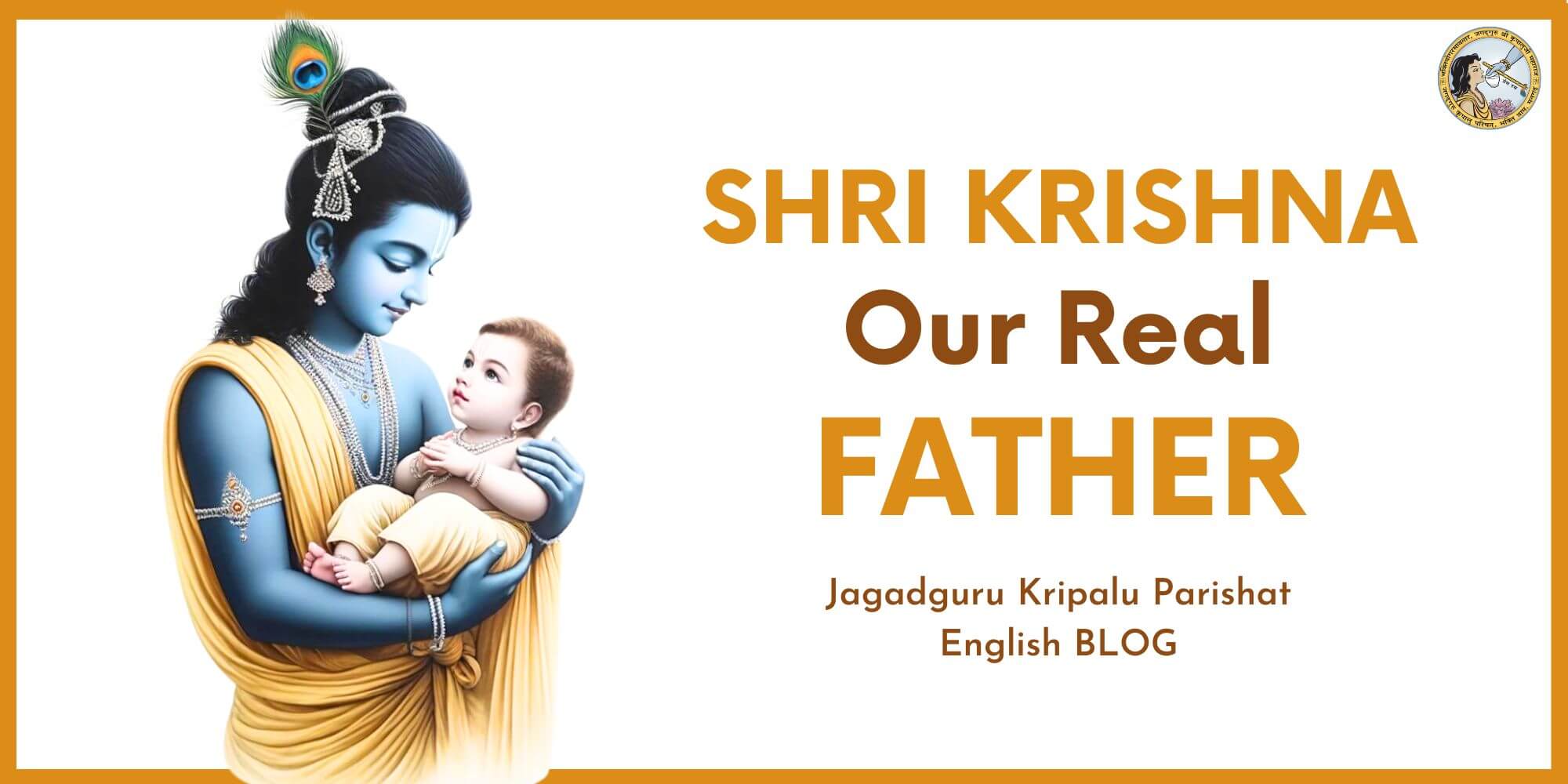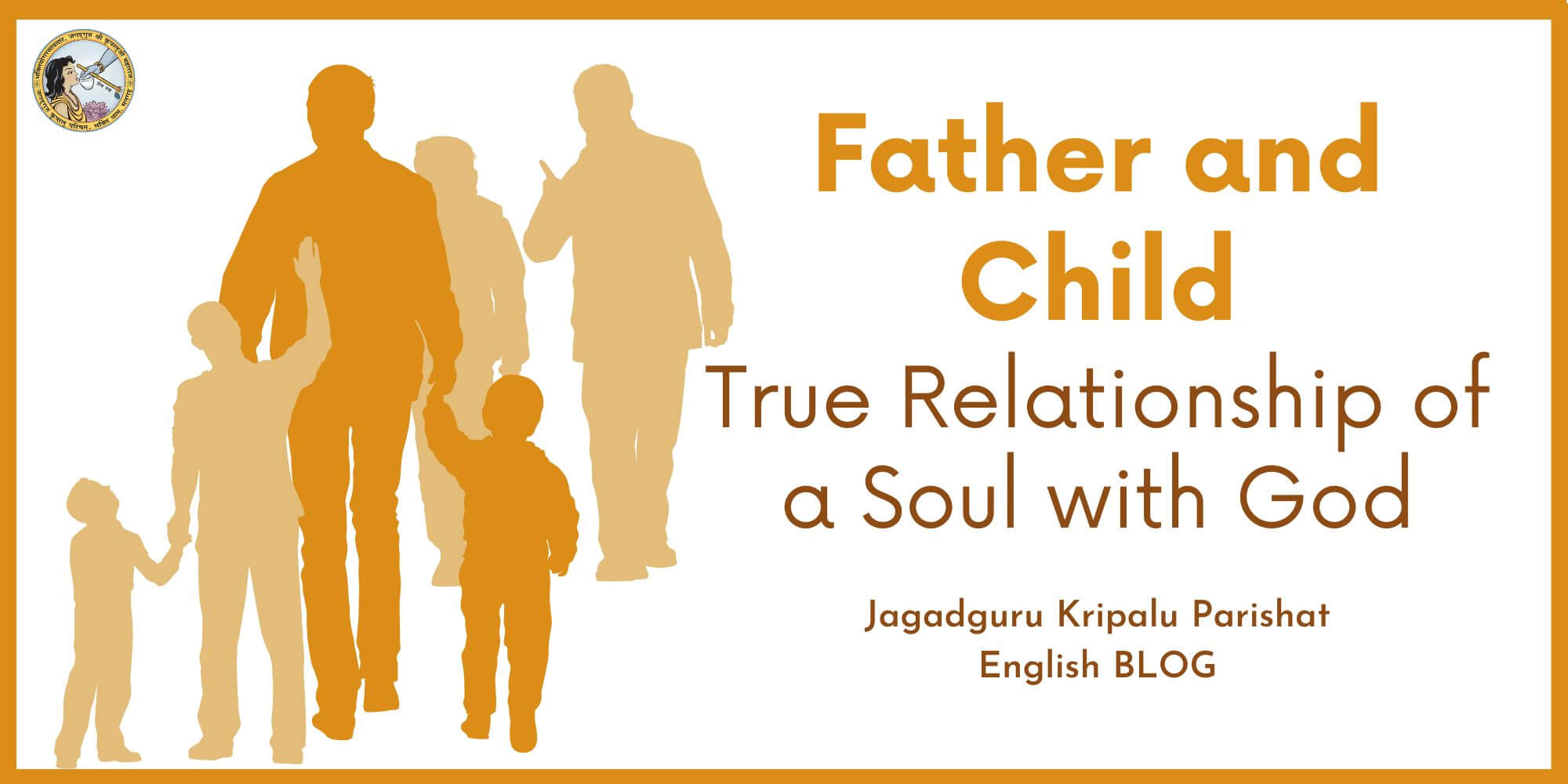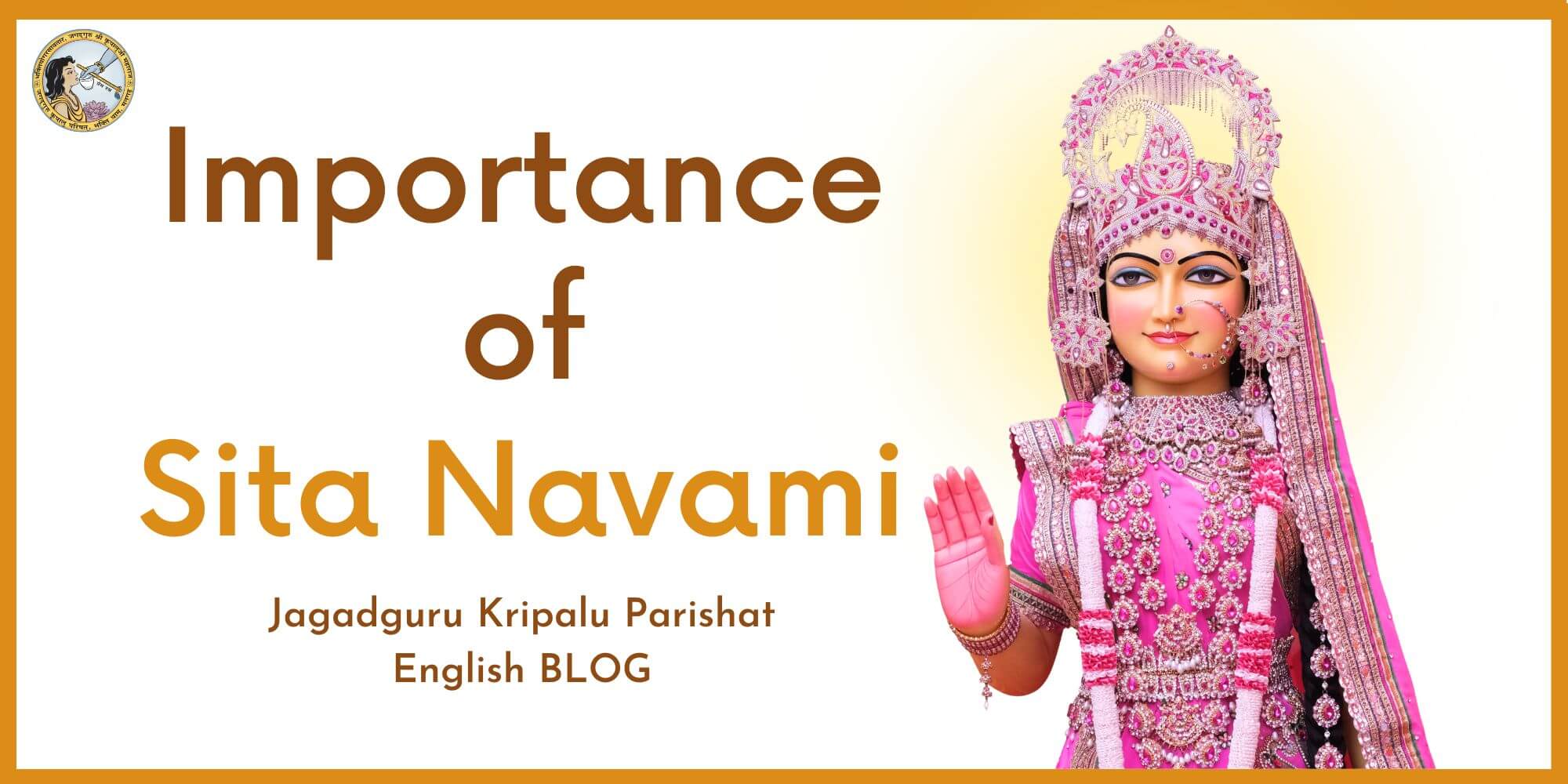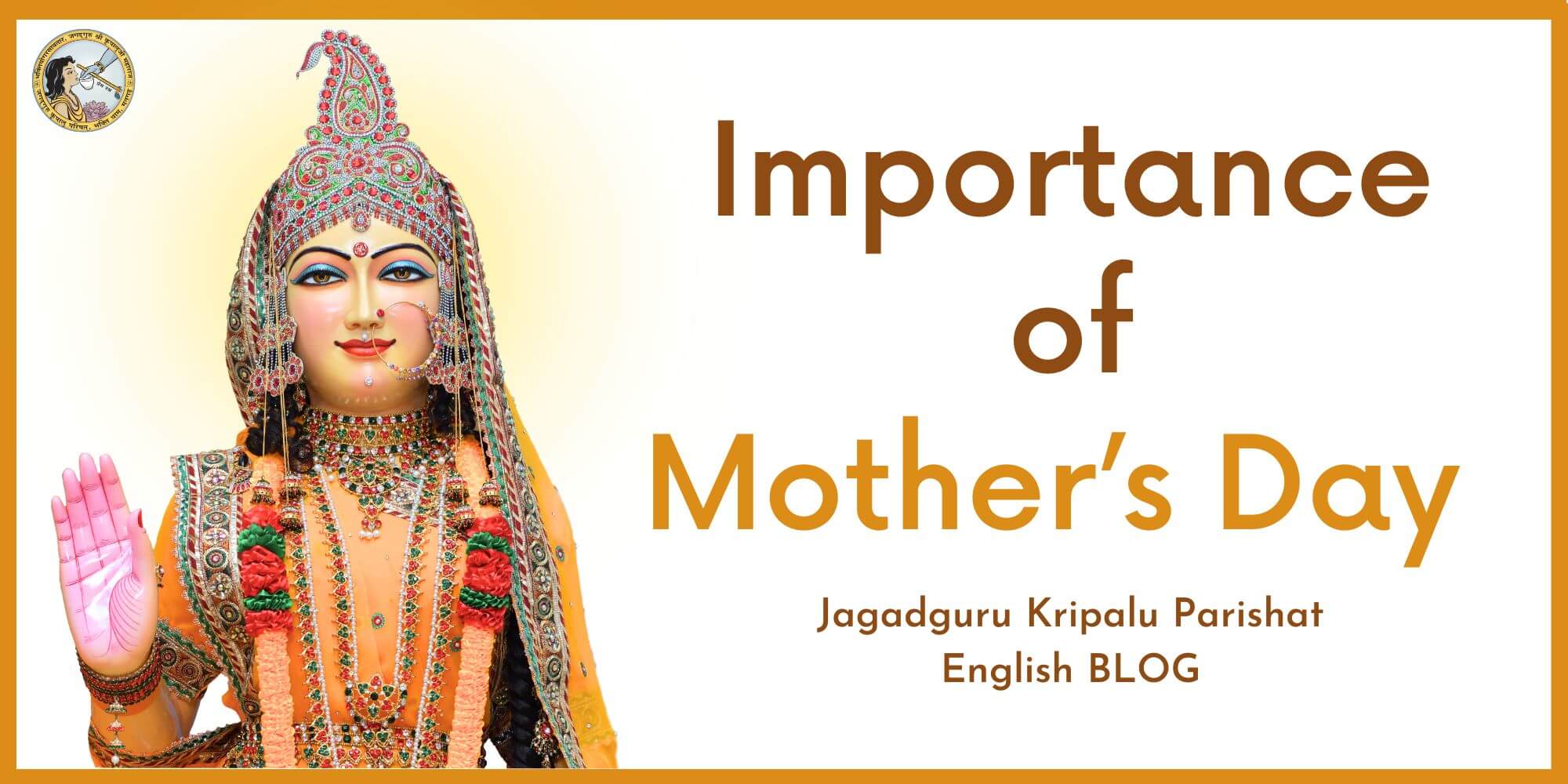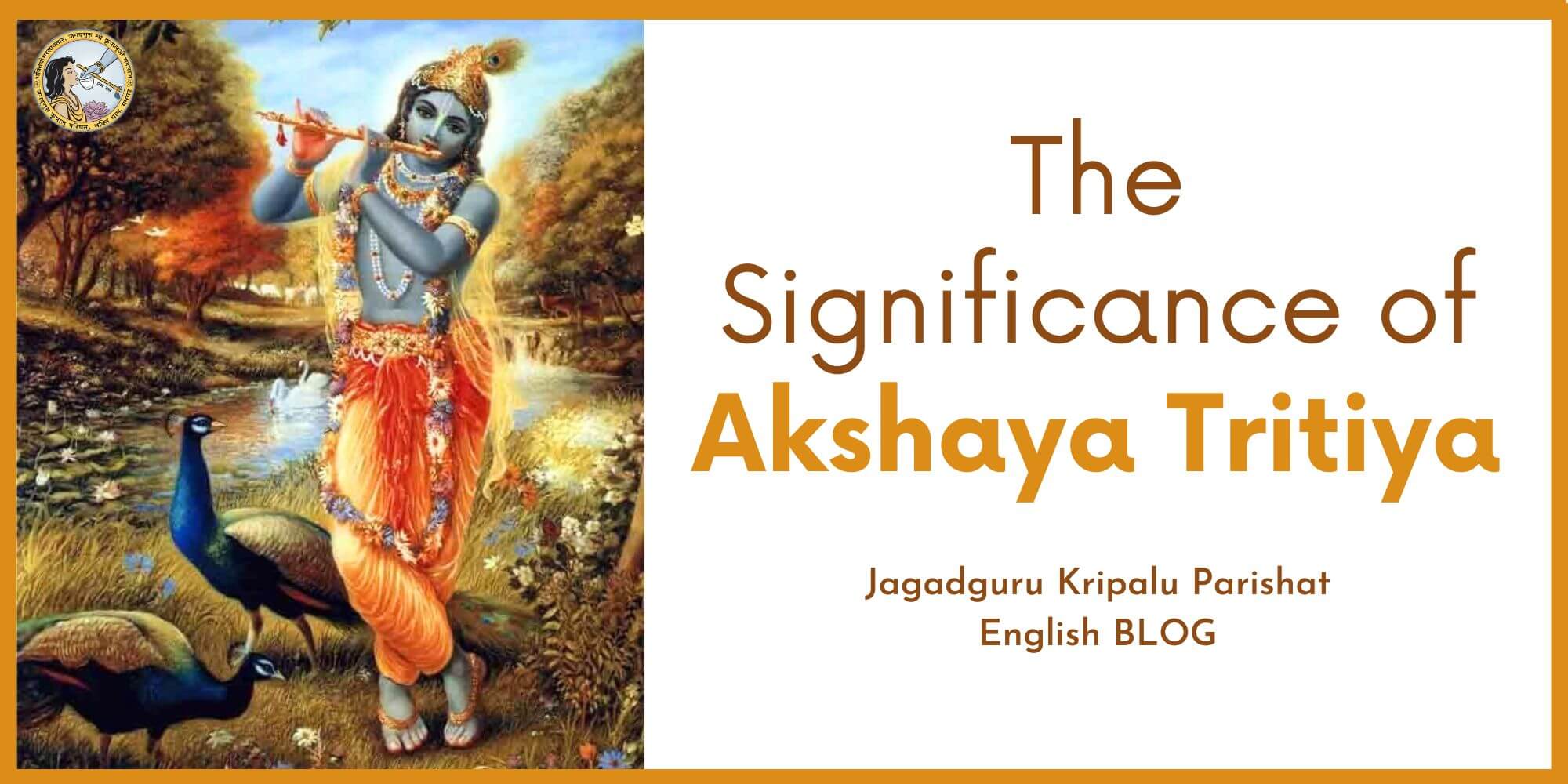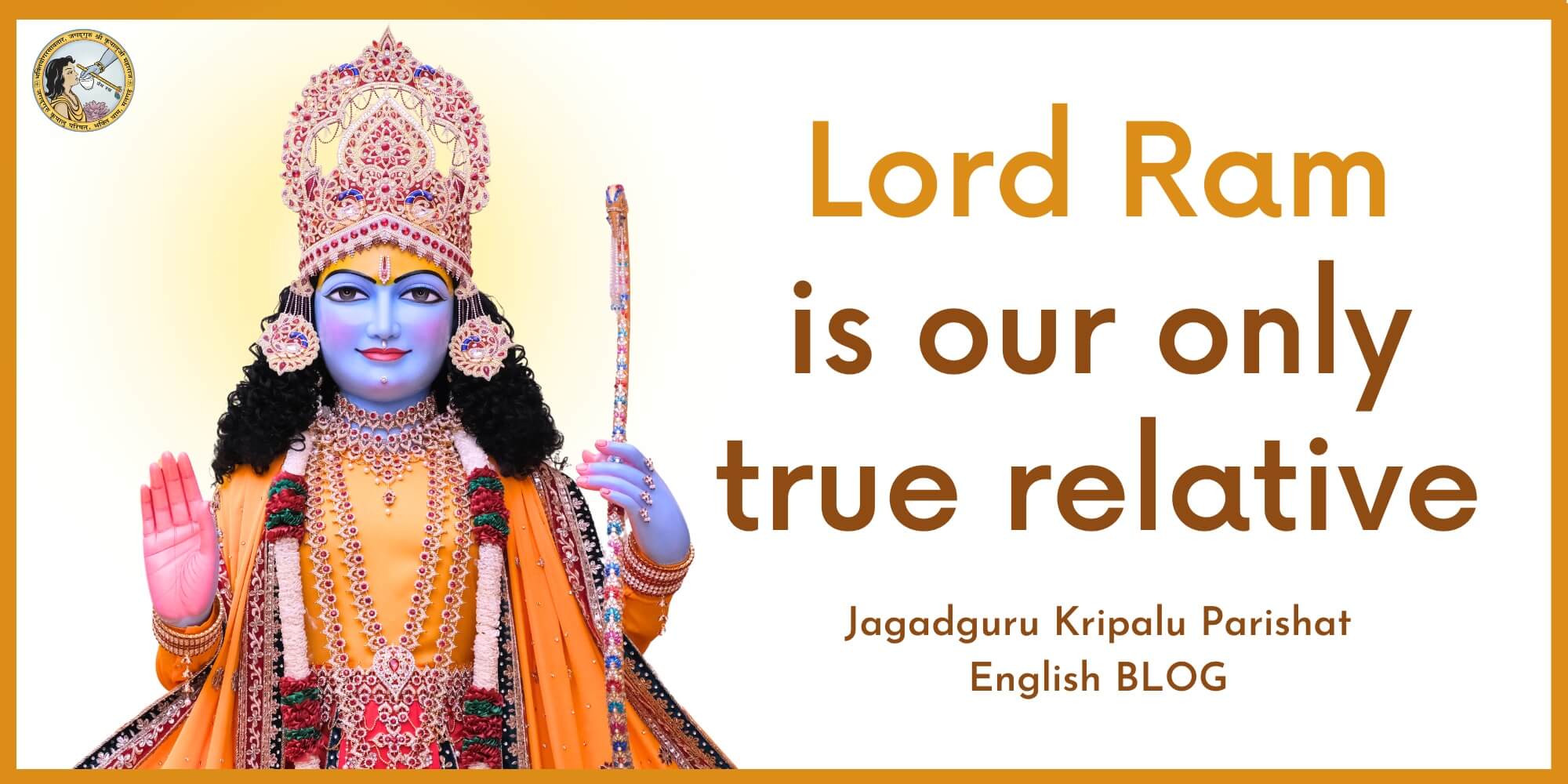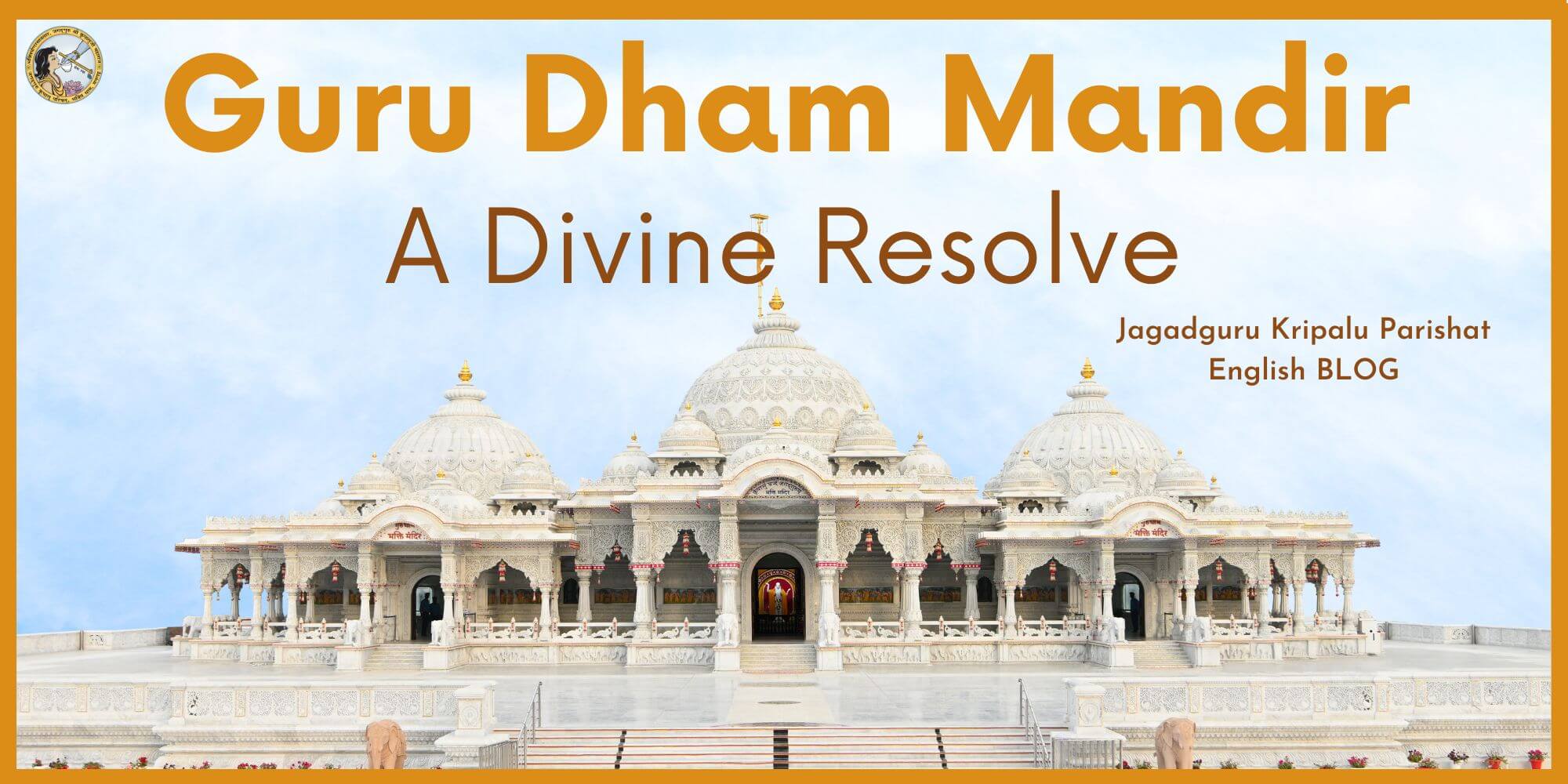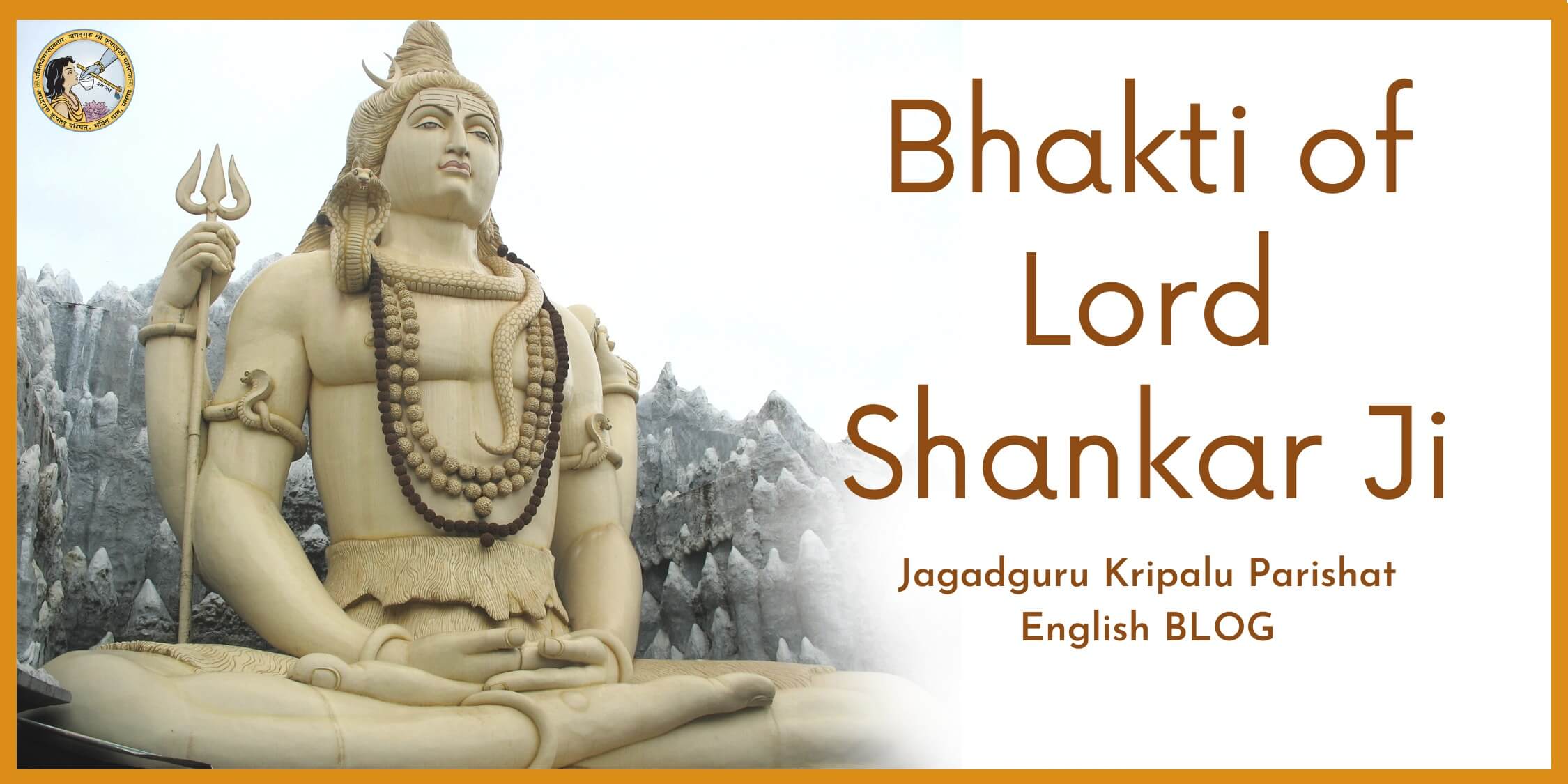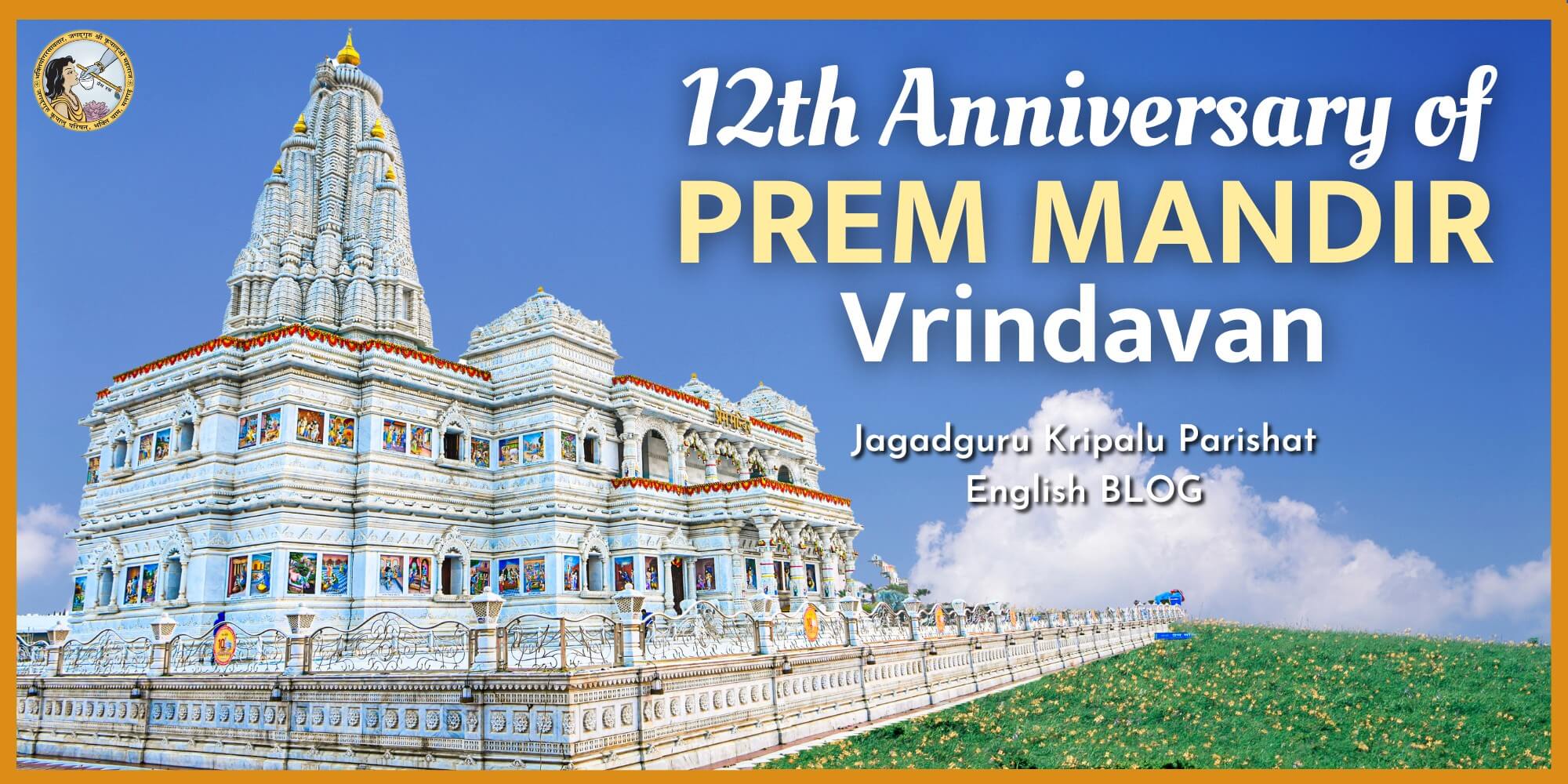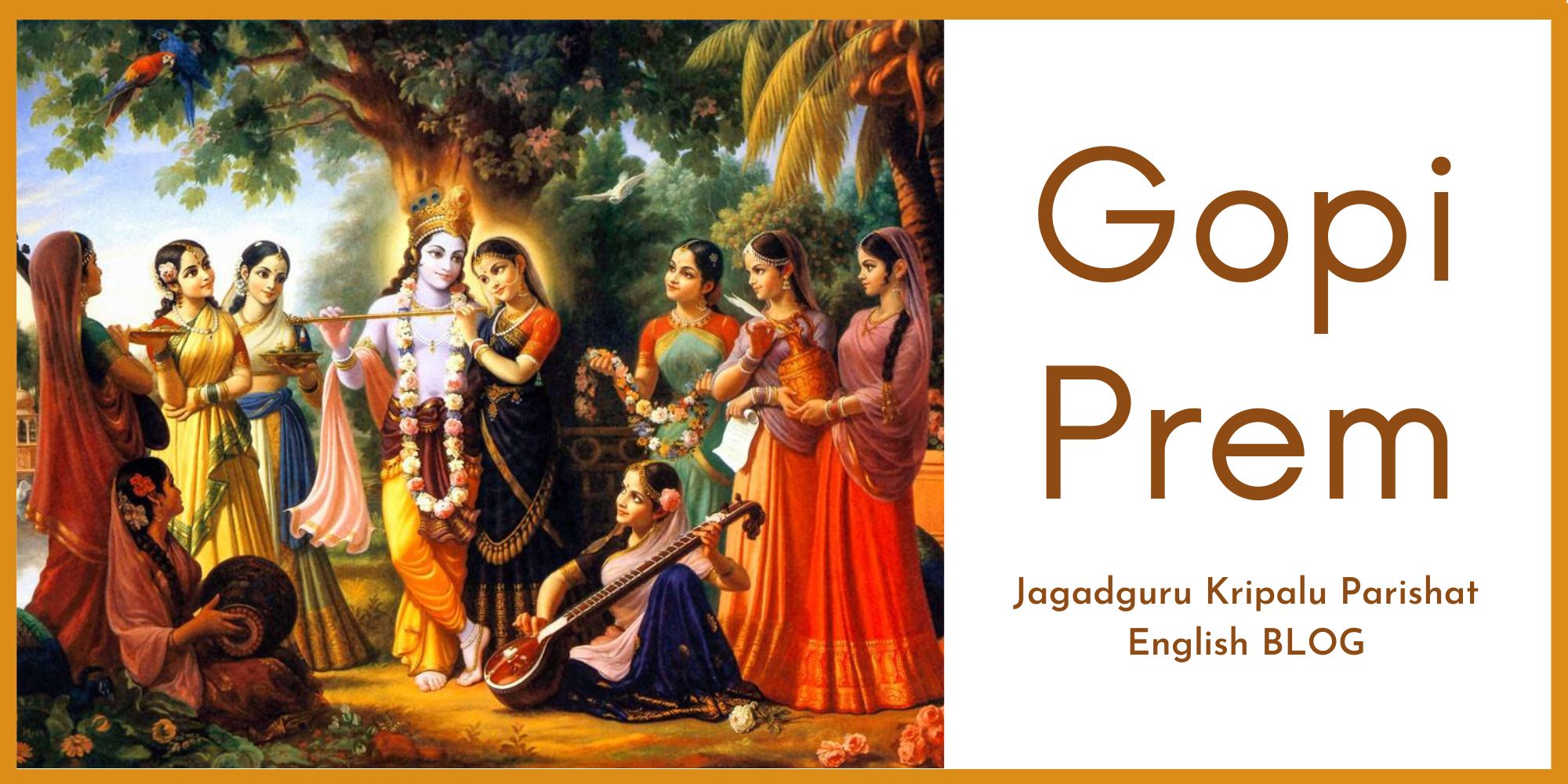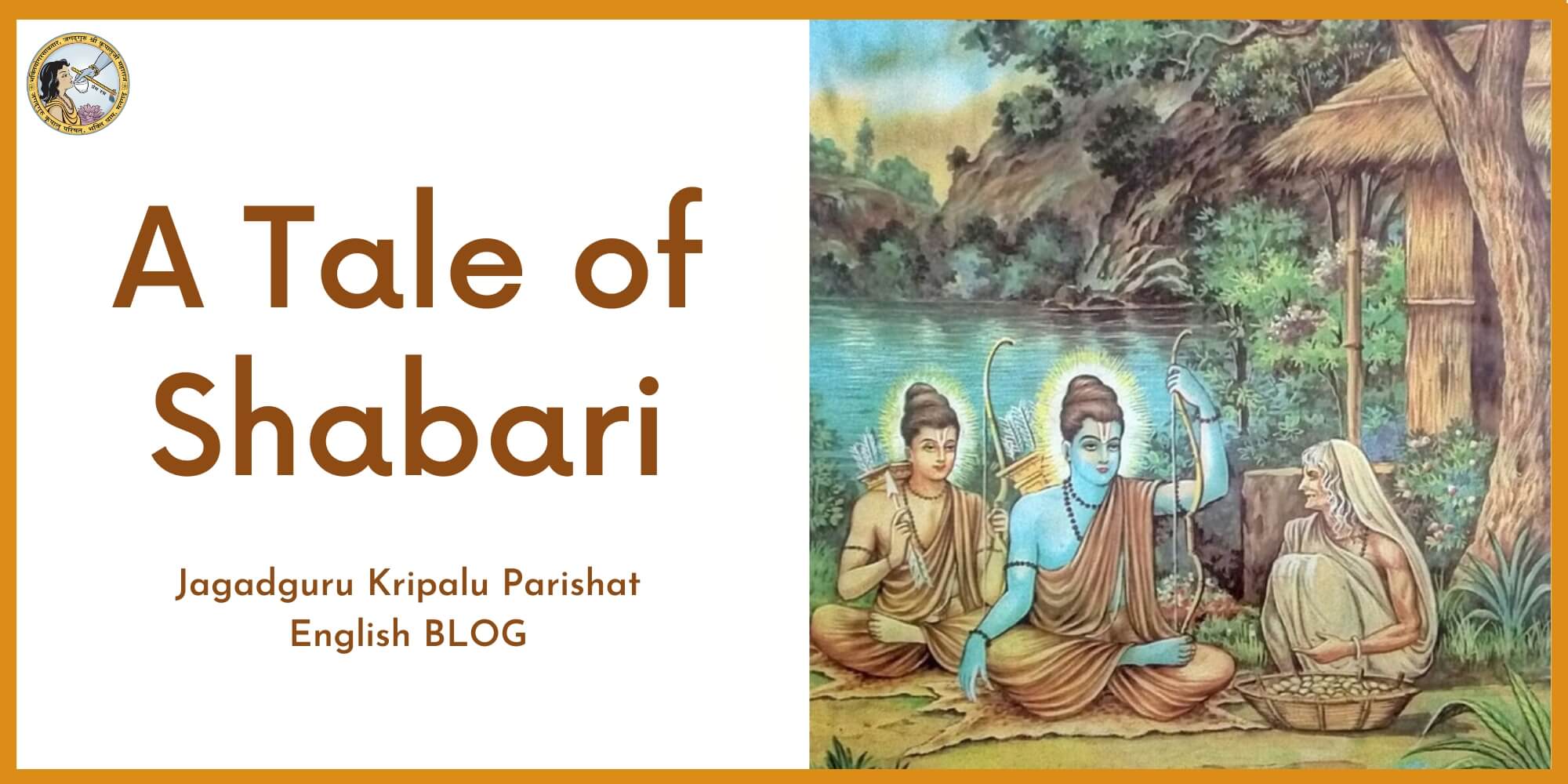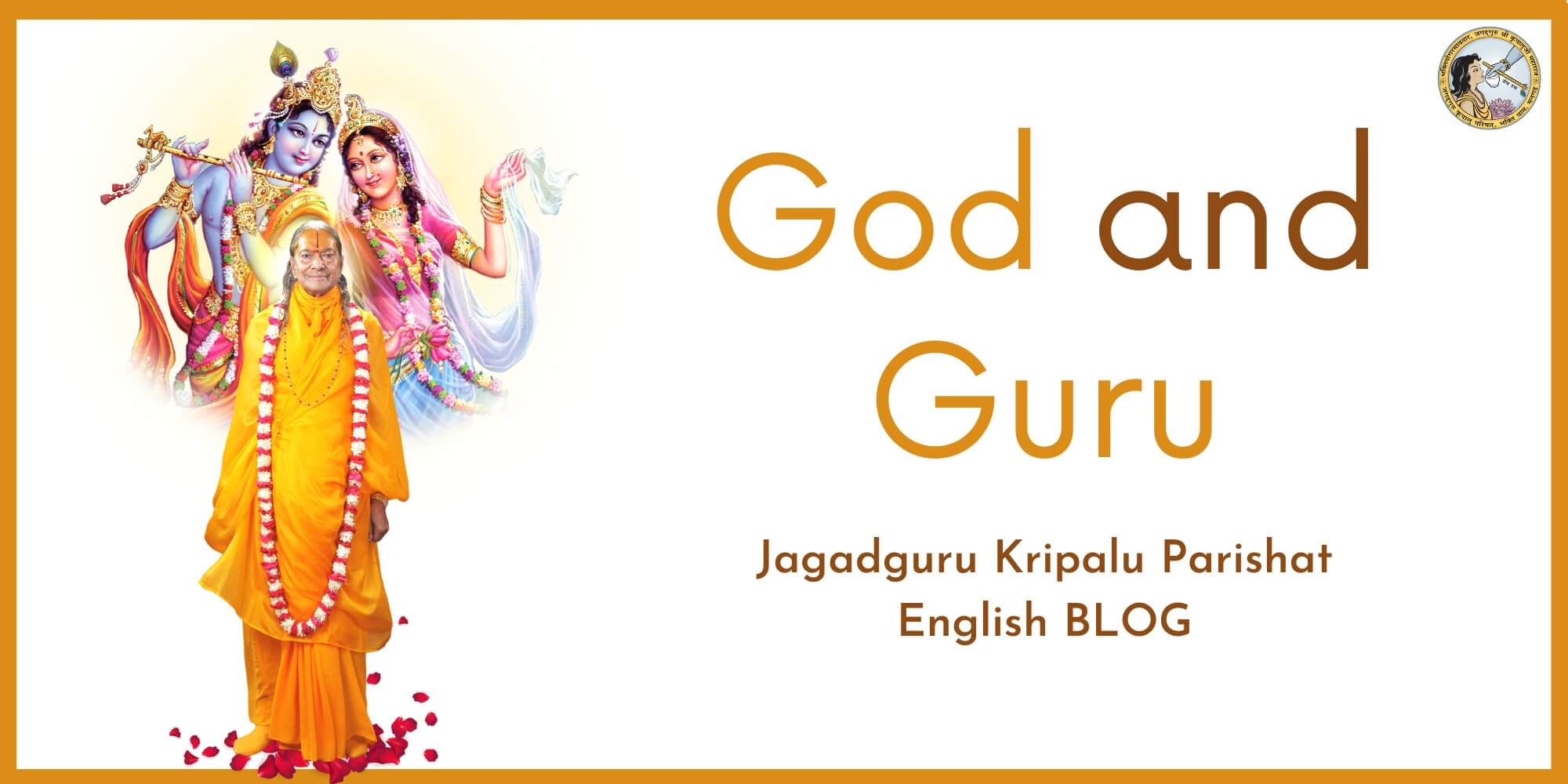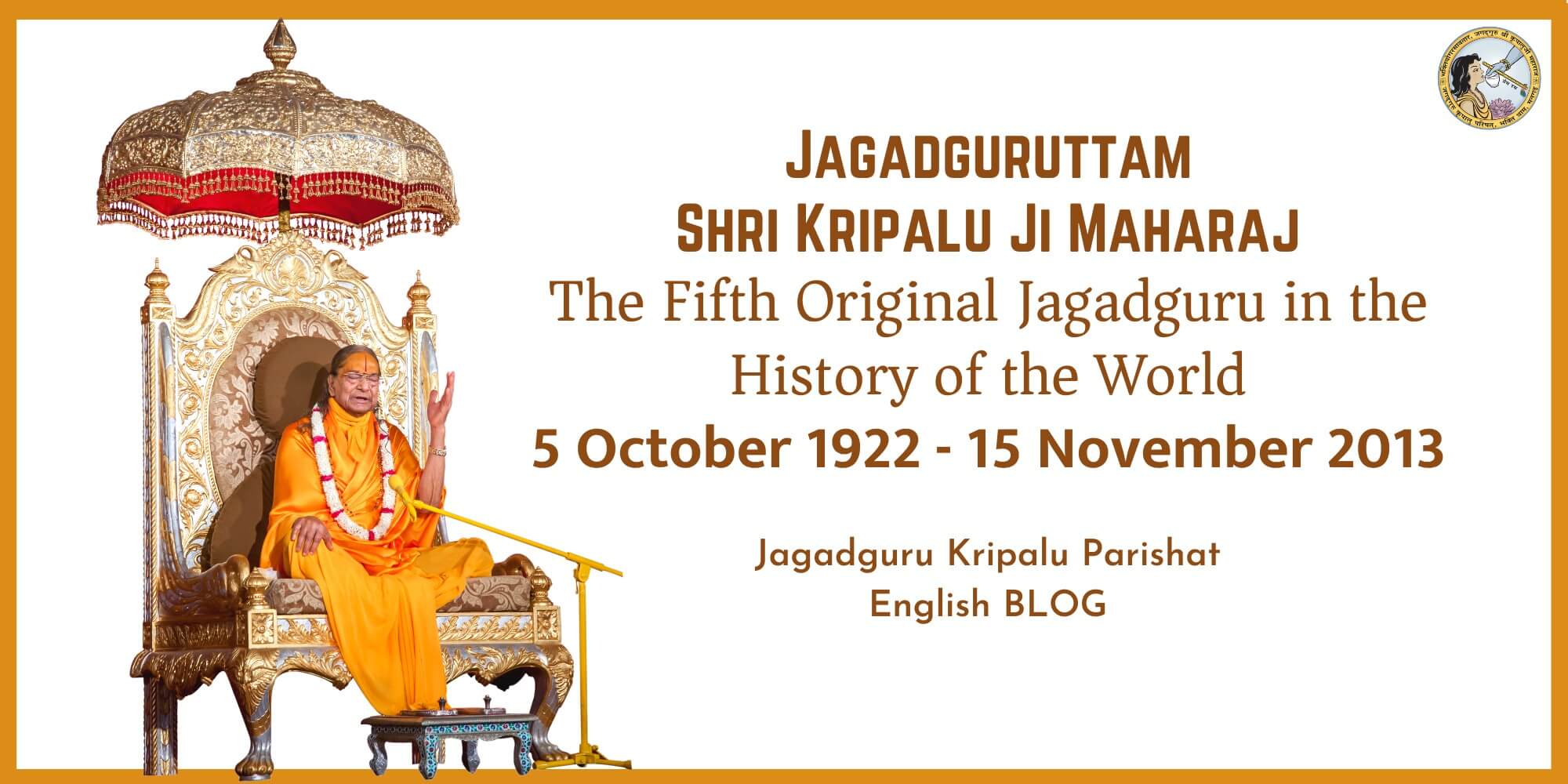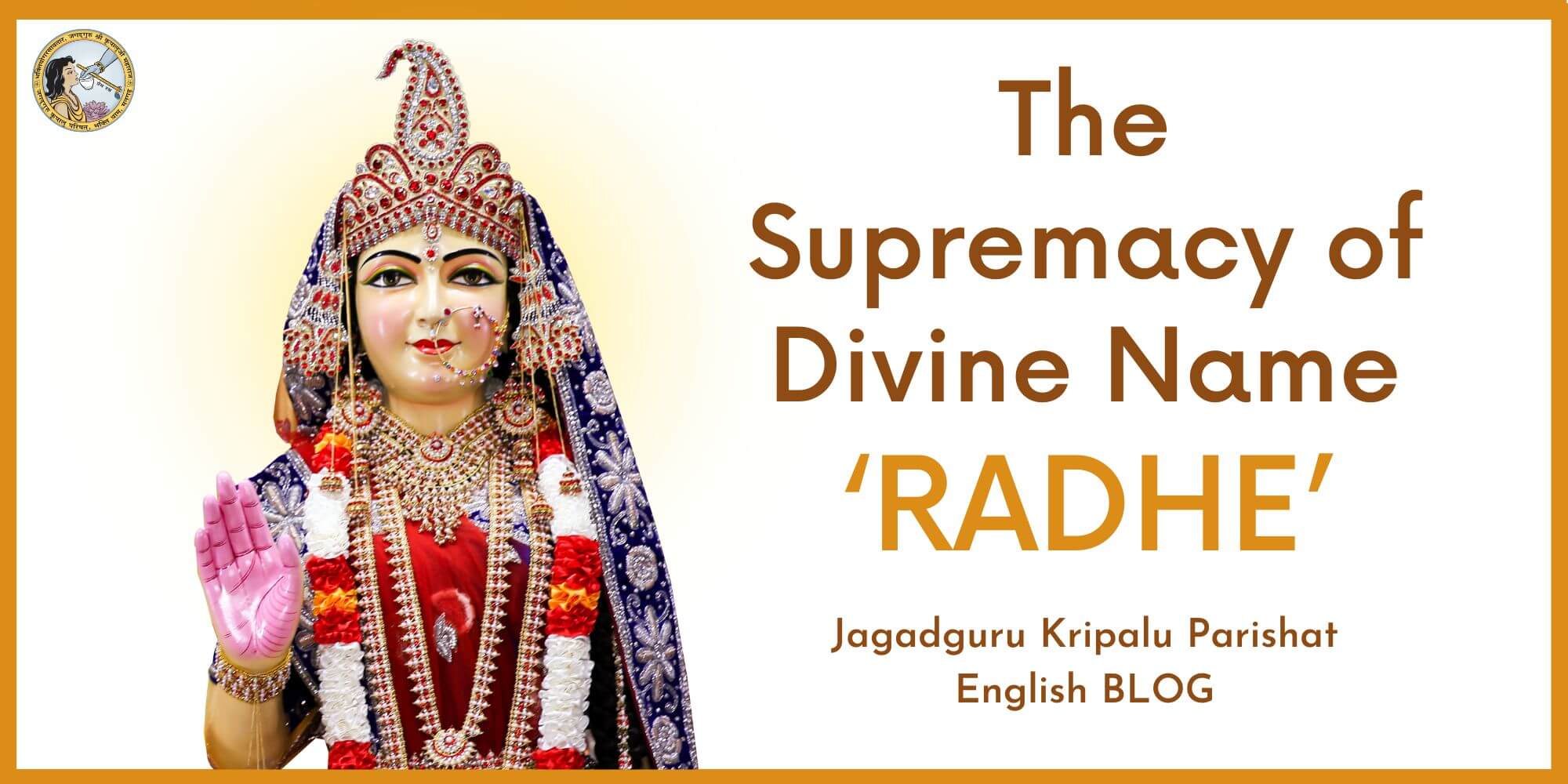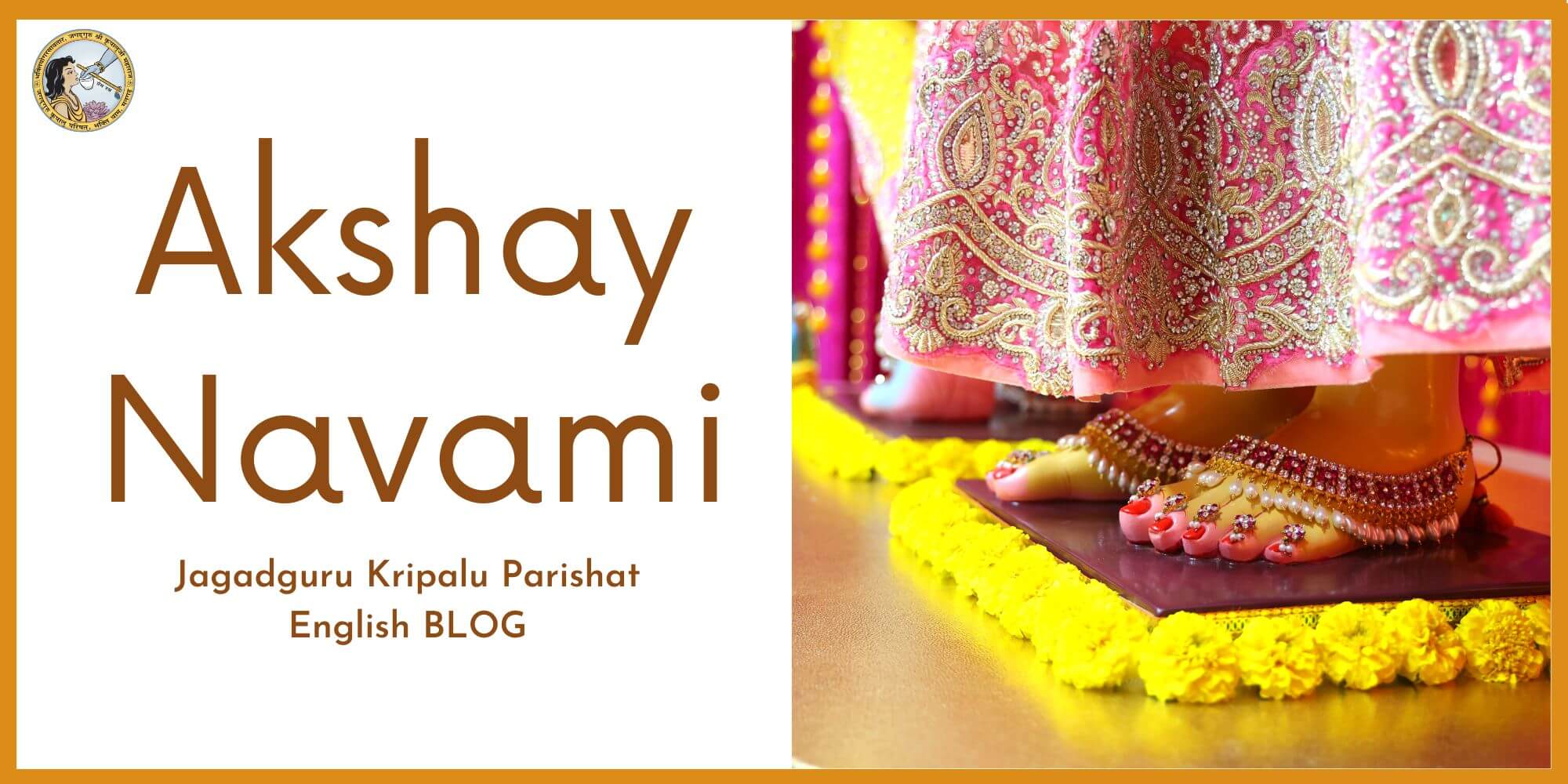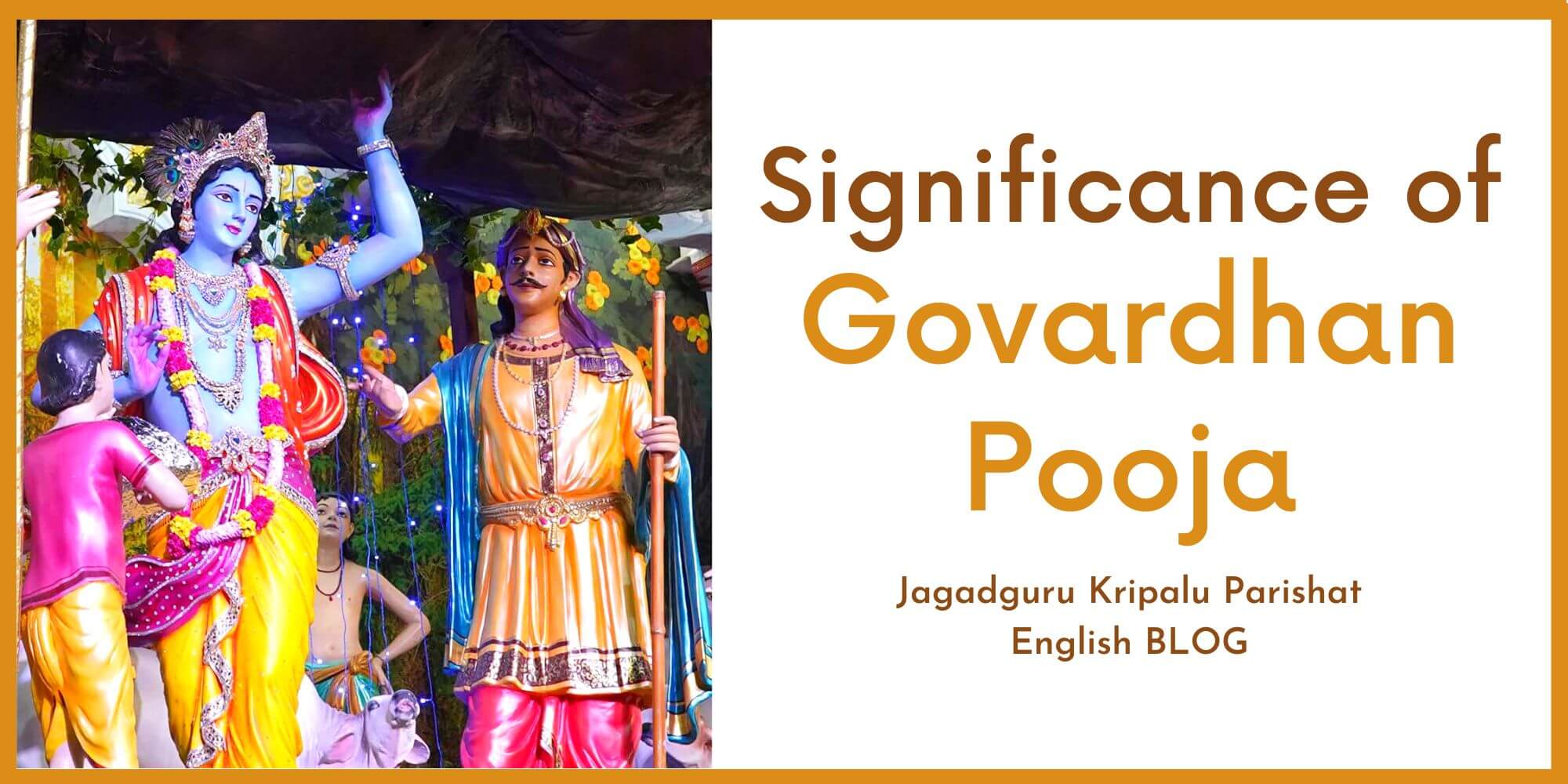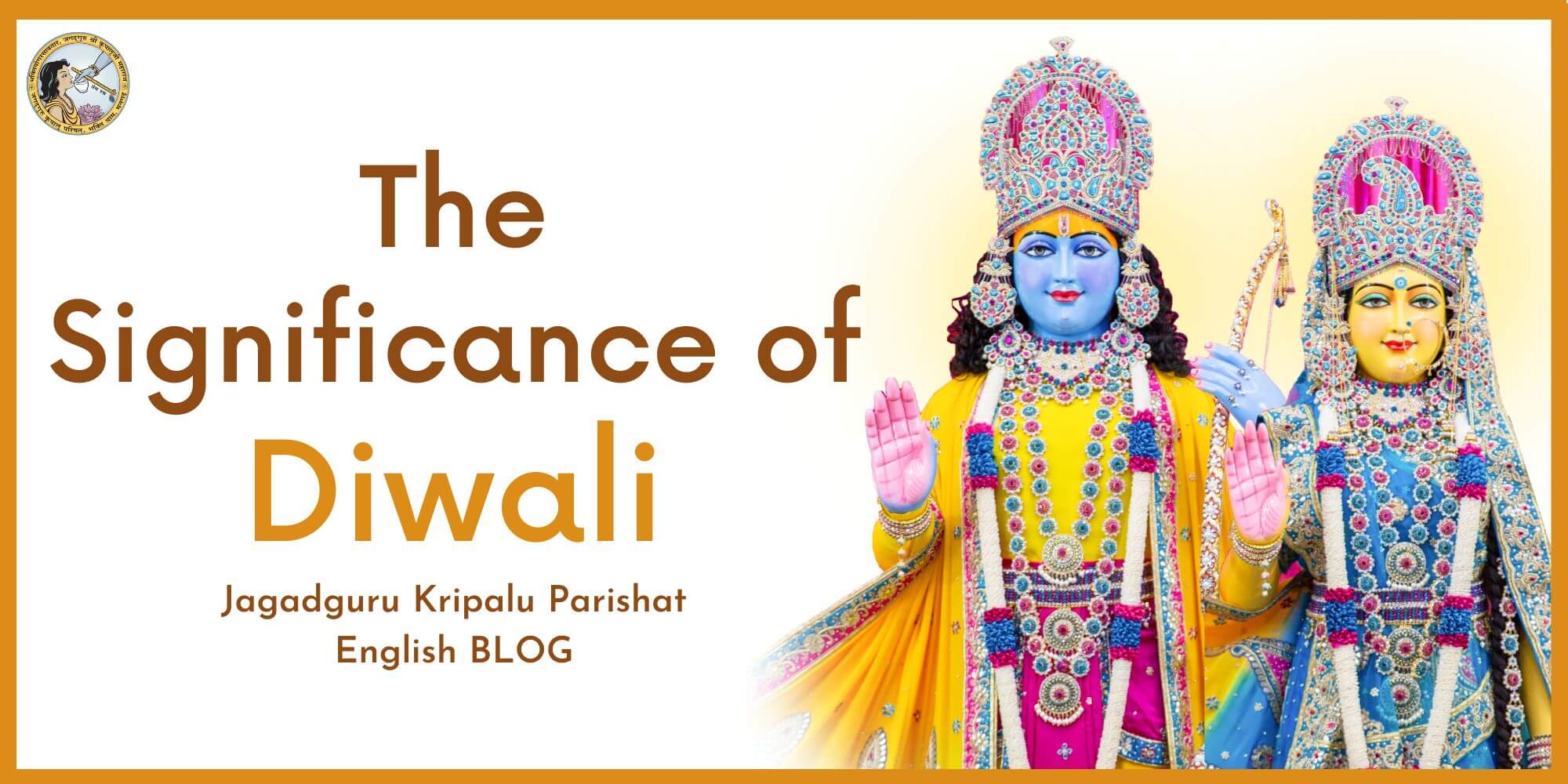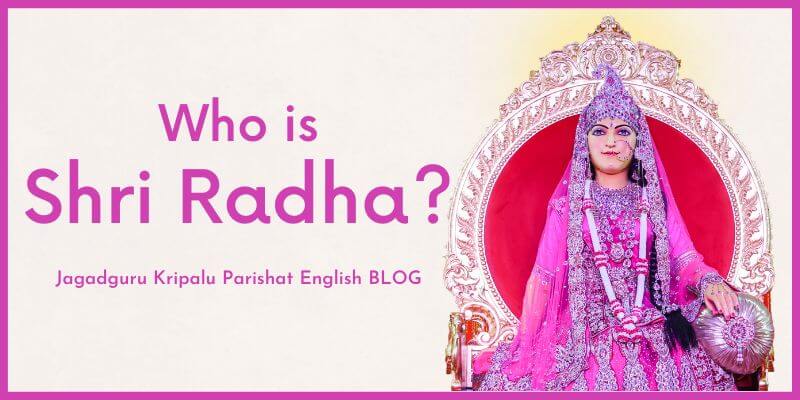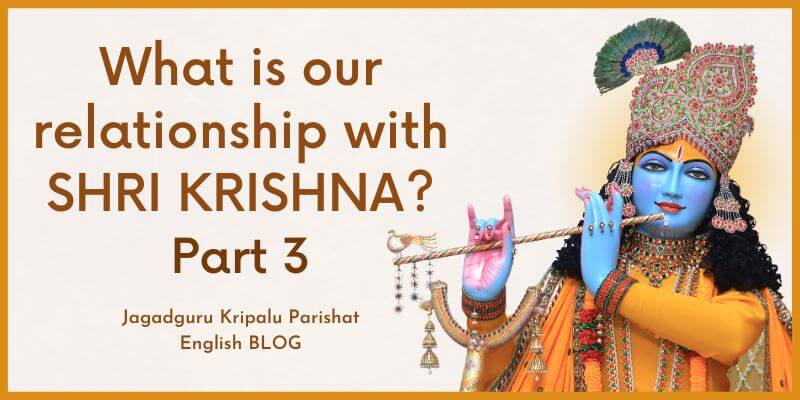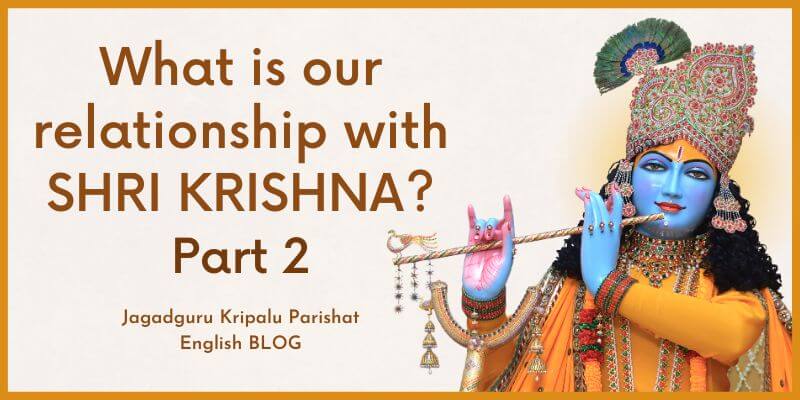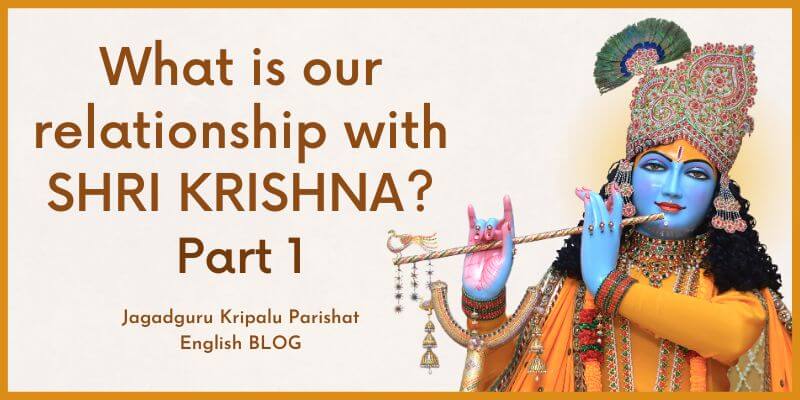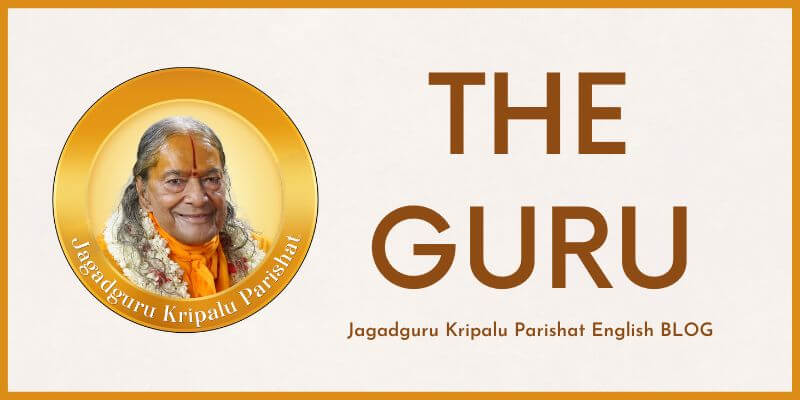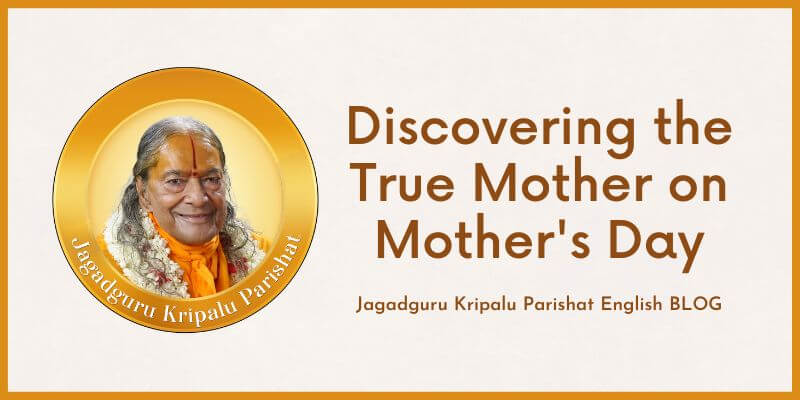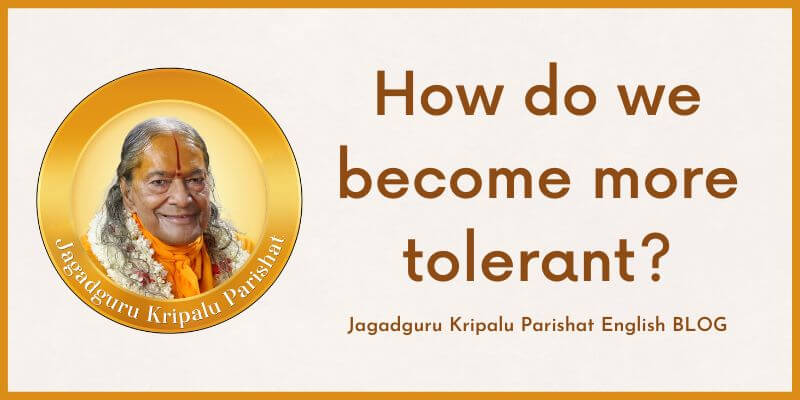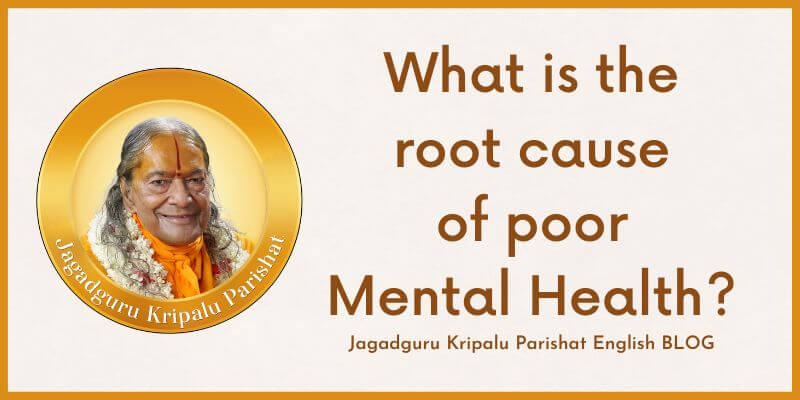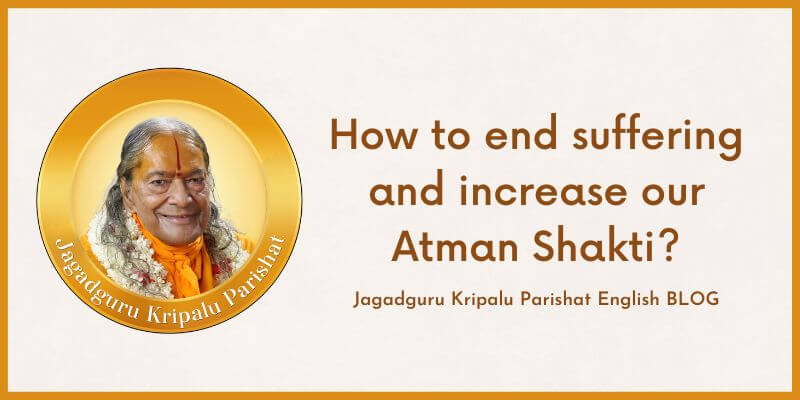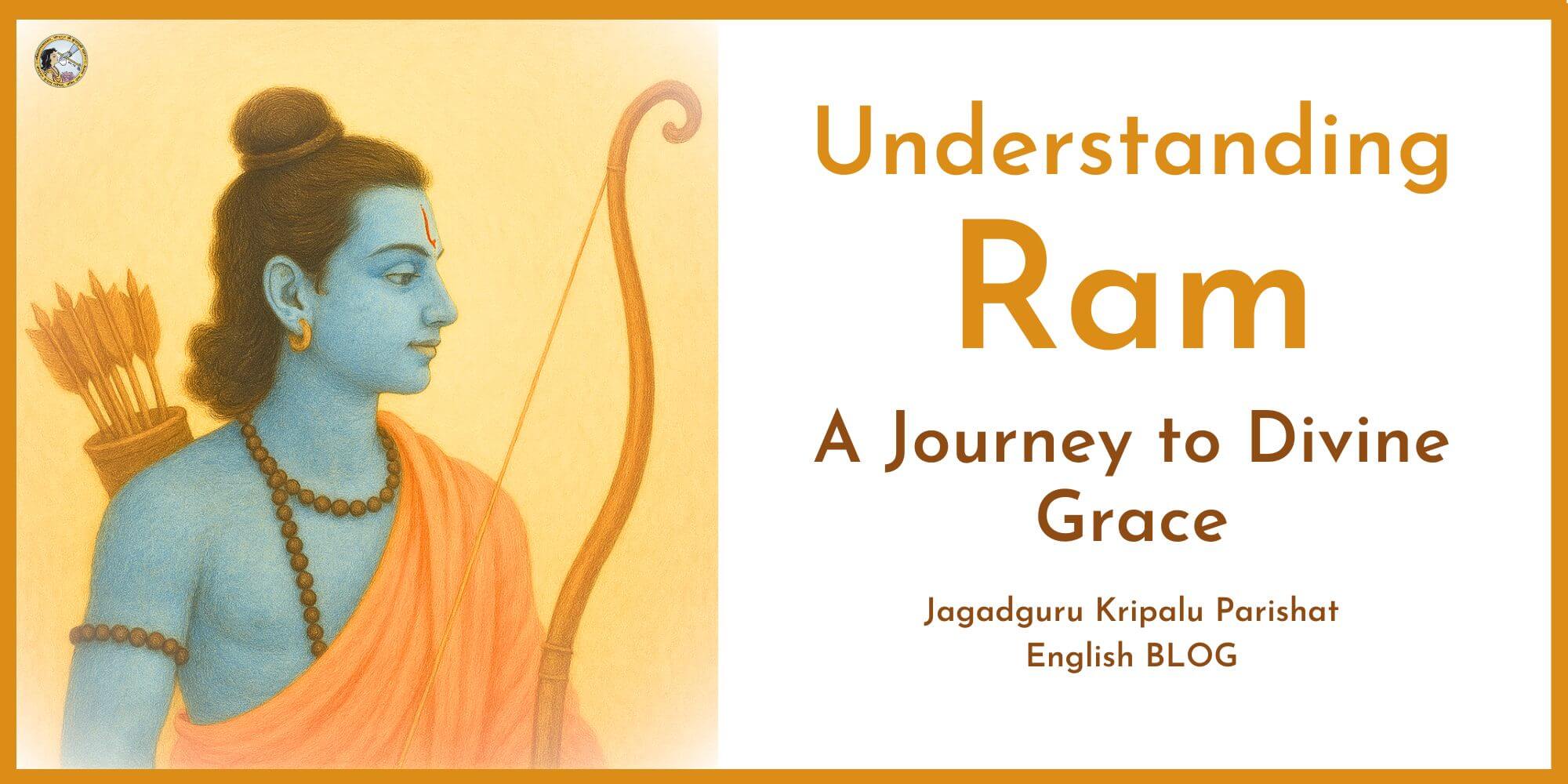The Unconditional Grace of God and Mahapurush
Speech by Jagadguru Shri Kripalu Ji Maharaj

God and Mahapurush (Saint) are compassionate and merciful without any reason or motive.
In the material world, anyone under the influence of Maya (illusion) cannot express true, unconditional kindness and compassion without an underlying motive or reason. It is simply impossible.
What is our highest purpose? It is the pursuit of Divine bliss—the supreme happiness of God.
This Divine happiness and bliss is the natural, inherent longing of every soul, the ultimate fulfillment that transcends worldly desires. Until and unless we attain true happiness, every living being, from a mosquito to Brahma, shows compassion or Graces you only for a reason.
Consider the example of a father and mother caring for their child. The parents are deeply concerned about their child’s health, upbringing, and education, always thinking ahead to the future. In those moments, no obvious motive or reason seems apparent. However, they have a hidden motive. They believe, ‘This child will take care of us when we grow old.’
Religious individuals often believe that upon their death, their son will perform the final rites (shard) and that this act will lead them to salvation. However, within this belief lies a hidden desire — a desire driven by self-interest.
This self-interest manifests in our pursuit of happiness through relationships with our mother, father, son, wife, husband, etc. In essence, everyone is on a constant quest for happiness and joy, seeking and yearning for it from all directions.
That’s why God shows compassion and Graces souls without any reason—because He doesn’t need to seek for happiness or bliss; He is already complete and overflowing with it. Similarly, Mahapurush (Saints) Grace others because they have already attained Divine Bliss.
So, the question arises, when God Graces without a reason or cause, then why do they advise us to do sadhana (devotional practise)? Why should we chant ‘Radhe Radhe’ day and night? God should just Grace us without any reason, without any condition.
For example, if we give money to a shopkeeper and he gives us goods in return, he is not gracing us. We gave money because we needed the goods, and he gave us the goods because he needed the money. Both actions are motivated by self-interest.
Similarly, if we perform spiritual practices and God bestows his Grace, it becomes a business transaction. Where is the selflessness in that? Innocent and simple-minded people may make such arguments, but the important point to understand is: what kind of spiritual practice can we undertake that will invite God’s Grace?
Whatever spiritual practice we do, how will we perform it? The tools we have are the five sensory organs (the five jñāna indriyas), the five action organs (the five karm indriyas), and the mind. These are the eleven instruments we have, with which we will carry out our spiritual practice. Whether we are devotees, scholars, or anything else, we will use these faculties.
We will see with our eyes, listen with our ears, smell with our nose, taste with our tongue, touch with our skin, and travel to holy places with our feet. We can only meditate on God with our mind—that’s it. But all these senses are material; they are mayic, not Divine. Any action rooted in the material world (mayic or prakrit) will remain bound by its worldly nature. This is simply mayic (worldly) contemplation.
When someone is asked, “Have you seen God?” and the answer is “No,” the next question often arises: “Then, Baba Ji, what are you thinking about?” The response might be, “I am meditating on God.” But if you have never seen God, then what exactly are you contemplating? Isn’t it just pretension?
Baba Ji responds, “Yes, son, this pretension is however very unique. God gives the real fruit of this kind of meditation. This is His Grace without cause.” The contemplation we do with the mind is worldly, but God, out of His mercy for his son accepts this as Divine and He makes the senses, mind, and intellect Divine.”
The purpose of spiritual practice is solely to purify the inner mind (antahkaran). The ultimate goal of the various paths—devotion (bhakti), knowledge (gyan), yoga, and action (karma), as taught in the Vedas—is to purify the mind. It’s not about making the mind Divine, but about cleansing it. The worldly attachments, desires, and impurities must be removed. Once the mind is emptied, it is purified. However, even a purified mind is not enough to achieve the ultimate goal.
The Guru and Mahapurush, who stand as intermediaries, then Graces the individual without any reason. They have the divine power to transform the mind and senses and make them Divine. God possesses a unique power, known as swaroop shakti, through which He transforms us. We need not say or do anything; He will effect this transformation on His own.
When this transformation occurs, Divine contemplation of God begins, followed by Divine vision (darshan). In that moment, everything becomes divine, as the material elements—the senses, the mind, and the intellect—are all divinised.
If we do not purify the senses, mind, and intellect through devotional practice, even a Mahapurush cannot make them Divine. That is why devotional practice (sadhana) is essential—it purifies the mind. With the Grace of God and the Guru, the mind and senses become Divine, allowing us to experience the true benefit of God. From the Divine comes the Divine benefit.
Look—our worldly ears and eyes are both made from the same substance: the five elements (panch-mahabhutas). In the mother’s womb, a single drop of semen formed this entire body. So, if the ears and eyes are made of the same five elements, why can’t we see through the ears or hear through the eyes? It’s a mystery!”
Then, how can we experience the Grace of God through these senses, the mind, and intellect? Nature follows its own laws, and there exists a contradiction between nature and God. The material world is temporary, while God is eternal.
Material happiness diminishes over time, worldly love, for example. You say you love your mother, father, or wife—what is love? True love grows and deepens with time. However, worldly love fluctuates according to circumstances. It begins, develops, and eventually fades away.
The same father, mother, or spouse who once brought us joy may later cause us pain. We might find ourselves thinking, ‘What kind of father did I have? What kind of son or wife is this?’ and feel that our fate is ruined. This is the nature of worldly love.
But with God, there is true love—a love that continuously grows and expands. It never diminishes; it only increases. Likewise, all Divine gifts that come from God bring ever-increasing happiness and eternal bliss.
Therefore, don’t think that God’s Grace is given without reason, hence why He is not showering His Grace upon you? God says, ‘Bring the vessel!’ But where will He pour His Grace? A Divine vessel is required, yet all you have are worldly vessels.”
And first, remove all the impurities that are inside them. “That is, you must eliminate all attachments to the world. There should be neither attraction (raag) nor aversion (dwesh). Neither in the material worldly things nor in the realm of consciousness. Both the inert (jada) and conscious (chaitan) are diseases that afflict us.
For example, someone develops a craving for food. Food is readily available here, so why go to a restaurant? “Well…” “Ah, you’re a slave to your tongue. This desire is a dangerous disease, one of the most severe of all.”
As a person reaches old age, most desires fade, but the craving for taste, especially for food, persists. Even on their deathbed, an elderly person might say, ‘Please feed me a rasgulla (sweet), I’m about to die anyway.'”
Those with more money often opt for larger, more expensive hotels, where instead of spending 10 rupees as they once did, they now pay 1000 rupees just to satisfy their hunger. The overhead costs of the hotel itself adds to the expense. Similarly, these desires (or diseases) take root within us.”
When we were born, there were no such desires. We drank milk from our mothers and were nurtured, but no one ever said, “Add sugar to it.” Did any child ever ask for that? It was only when our parents started adding sugar to the milk that the desire arose. Now, if milk is given without sugar, the child cries.
Similarly, every addiction—whether it’s tea, alcohol, or cigarettes—is a disease we’ve acquired. These are not natural; they are afflictions we have imposed upon ourselves. The diseases we have acquired can be removed, but the natural afflictions are beyond our control.
What is a natural disease? It is the thirst for Divine bliss and happiness. This is not just any happiness; it is the true, infinite joy that grows with each passing moment and lasts for eternity. This thirst is intrinsic to us because we are a part of God, and it will never leave us.
Even if a person curses God a thousand times upon waking, the thirst for happiness and bliss remains within them. In fact, they may even find a strange satisfaction in cursing God, yet that very thirst for bliss persists.
That is why God and Mahapurush (Saints) can only bestow Grace without any reason — because they do not seek anything for themselves. They are already immersed in Divine Bliss, and their Grace flows naturally from the abundance of their love and compassion.
By Jagadguru Shri Kripalu Ji Maharaj
*A brief introduction of Jagadguru Shri Kripalu Ji Maharaj*
(Known by His devotees as Shri Maharaj Ji)
The original title of Jagadguruttam (Greatest Spiritual Teacher of the World) was bestowed upon Shri Kripalu Ji Maharaj on January 14, 1957, by Kashi Vidvat Parishad (a council of 500 greatest scholars saints of India). He composed divine texts like Prem Ras Madira, Prem Ras Siddhant, and Radha Govind Geet to lead us on the right path of devotion. He also gave priceless monuments as gifts to the world which include Bhakti Mandir located in Bhakti Dham, Mangarh, Prem Mandir located in Vrindavan Dham, and Kirti Mandir located in Barsana Dham. Shri Maharaj Ji also built hospitals for the impoverished, the Jagadguru Kripalu Chikitsalaya in Vrindavan, Jagadguru Kripalu Chikitsalaya in Barsana, and another one in Pratapgarh. All three help millions of underprivileged to gain free access to medical care. His Kindergarten, School, and College for impoverished girls Jagadguru Kripalu Parishat Education is located in Kunda and provides completely free education.
